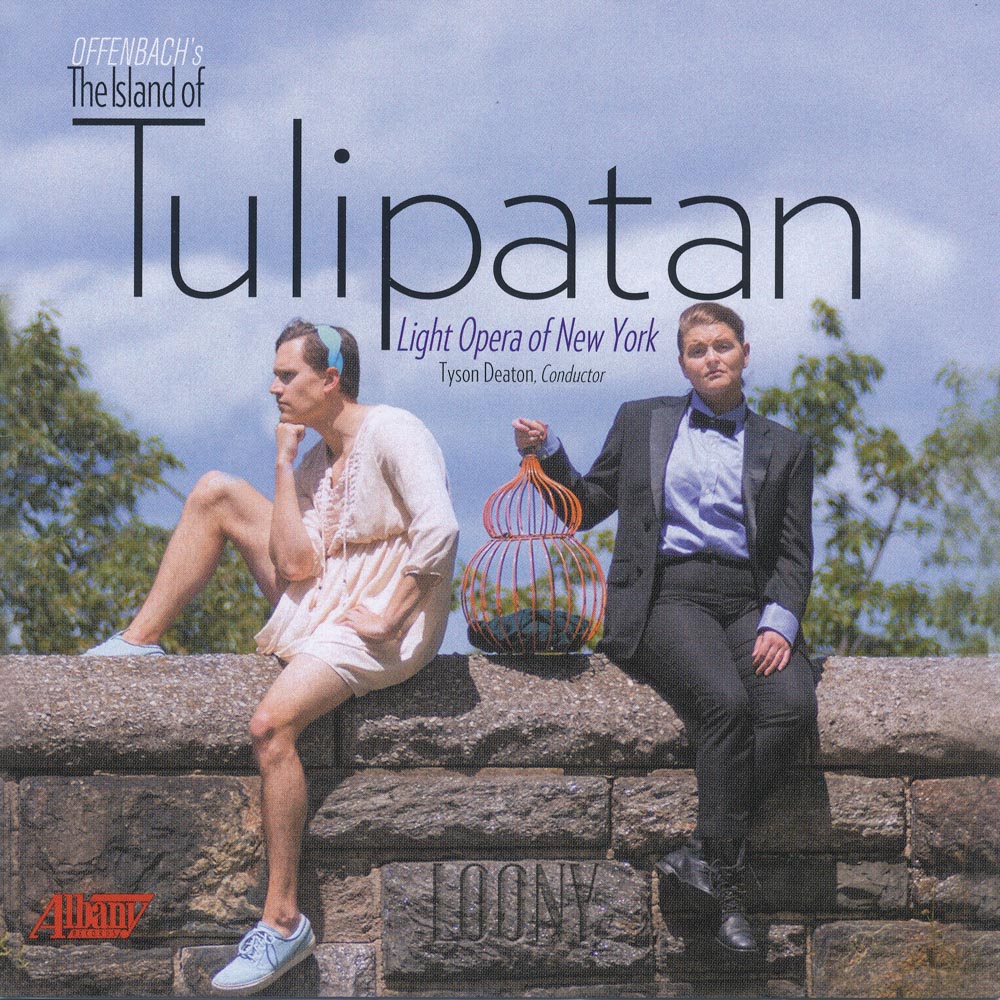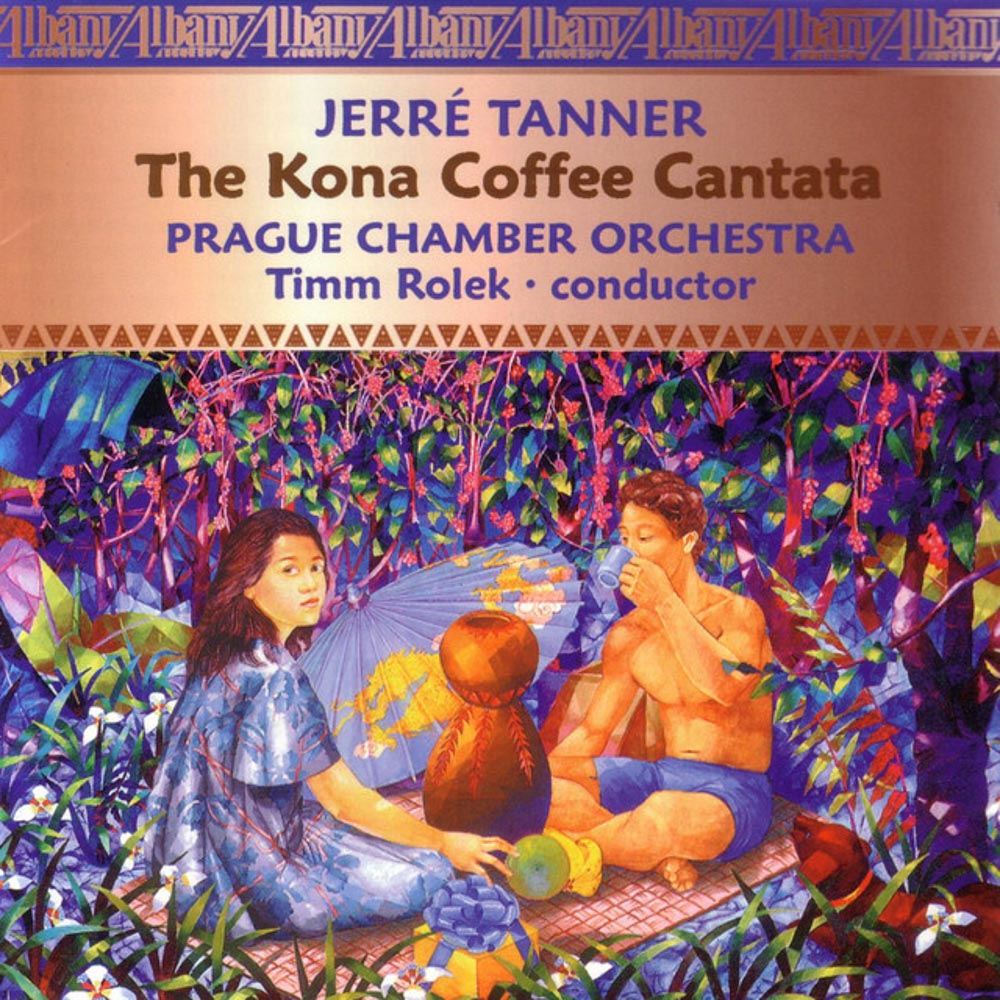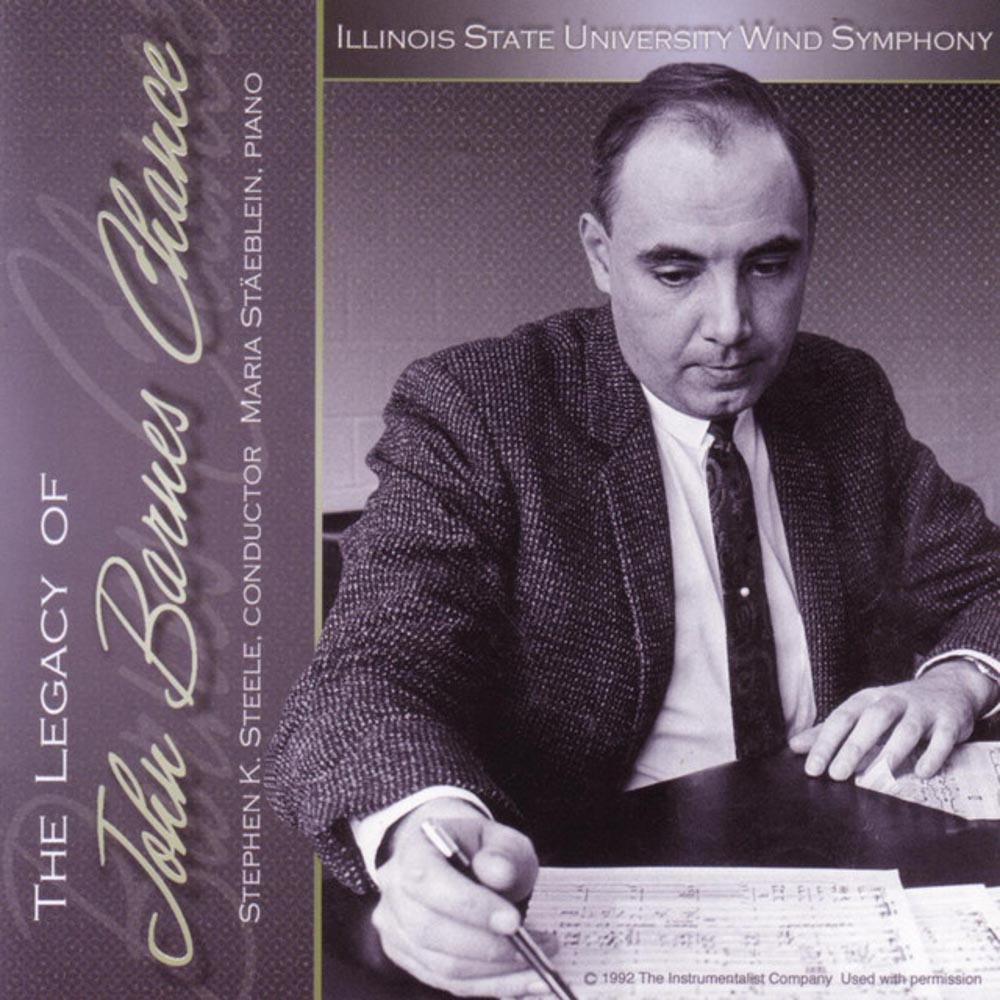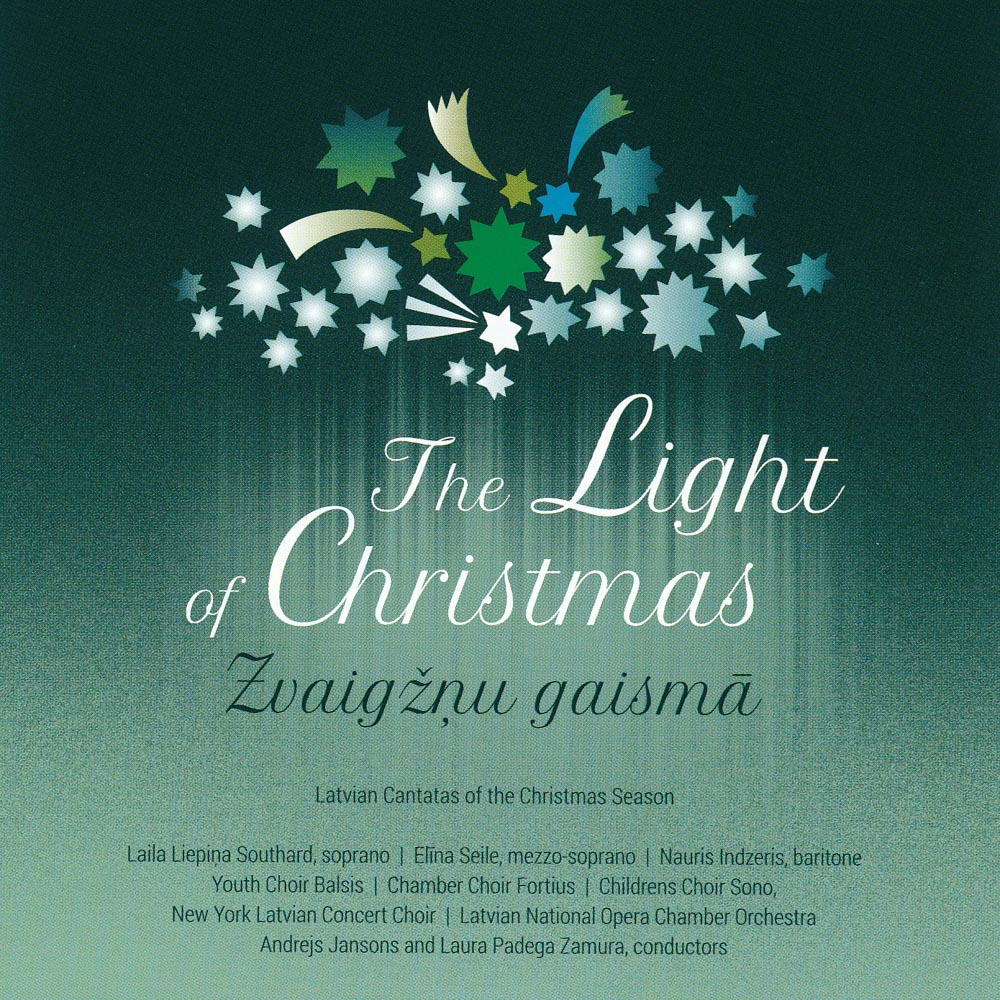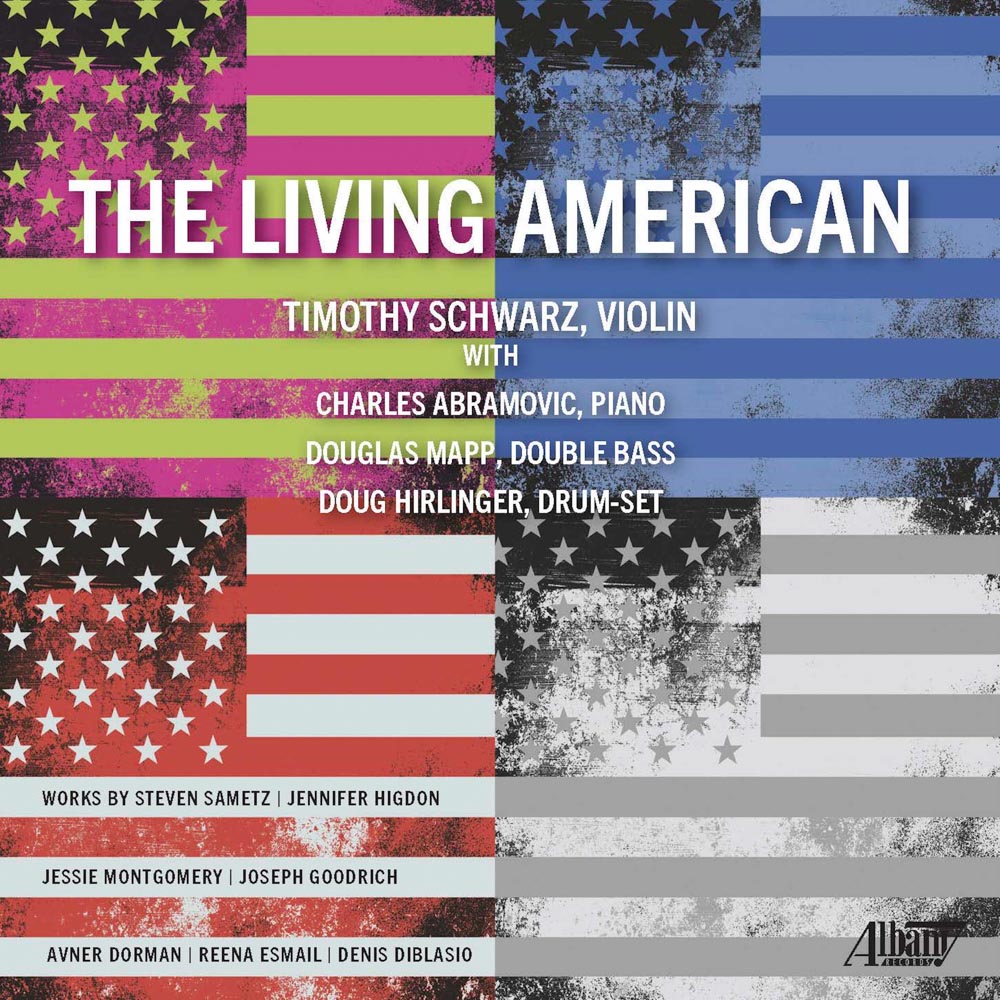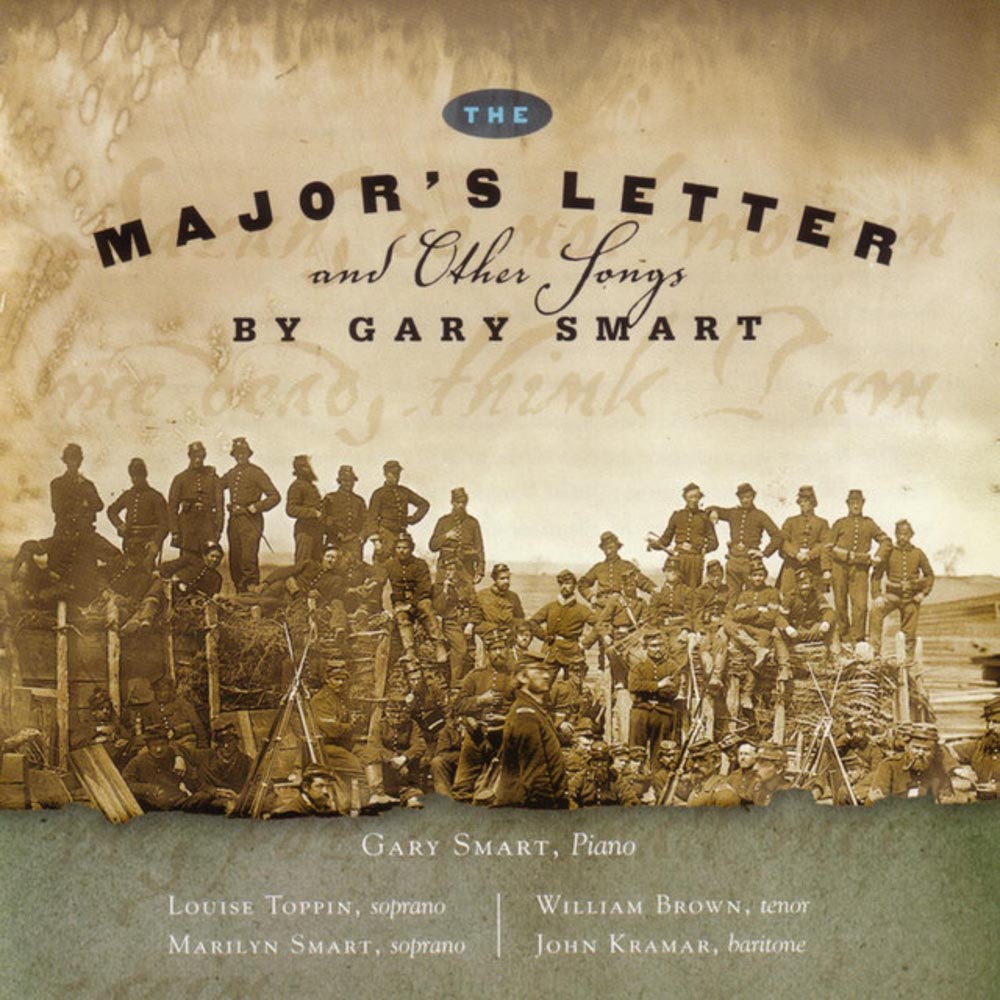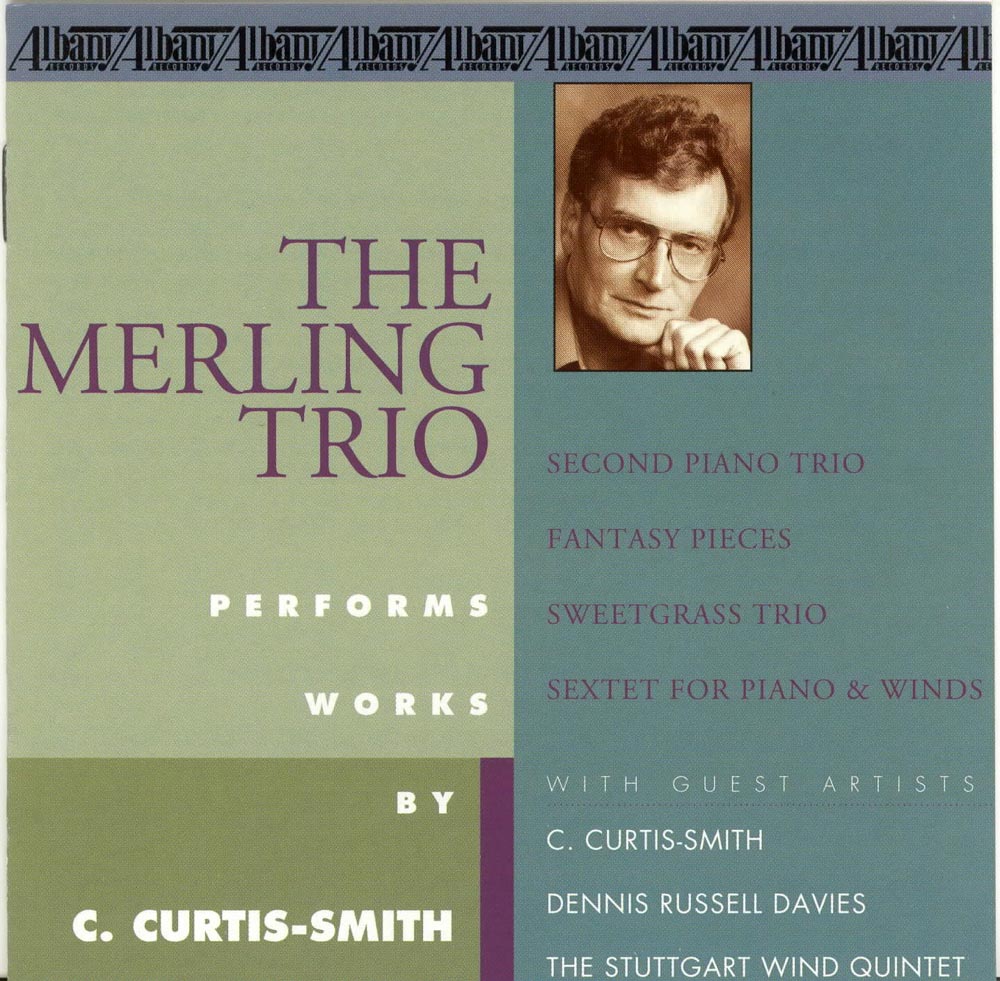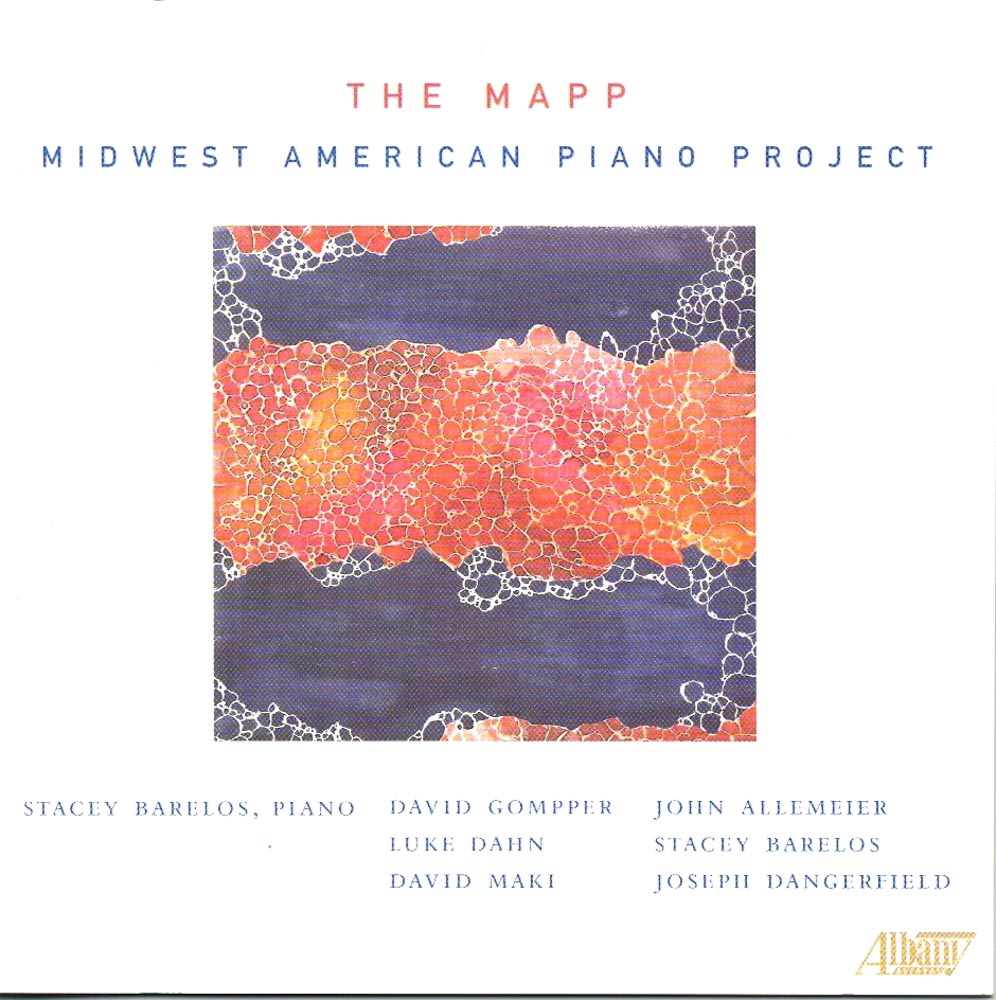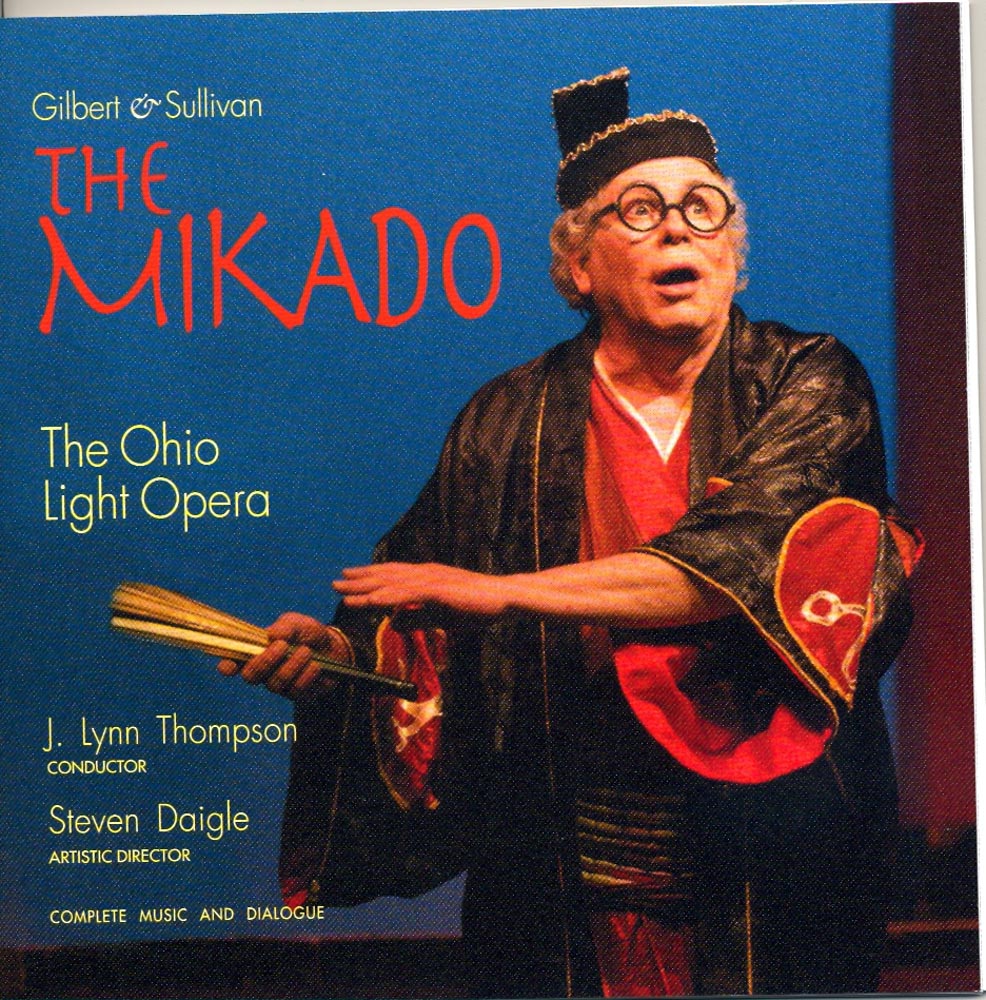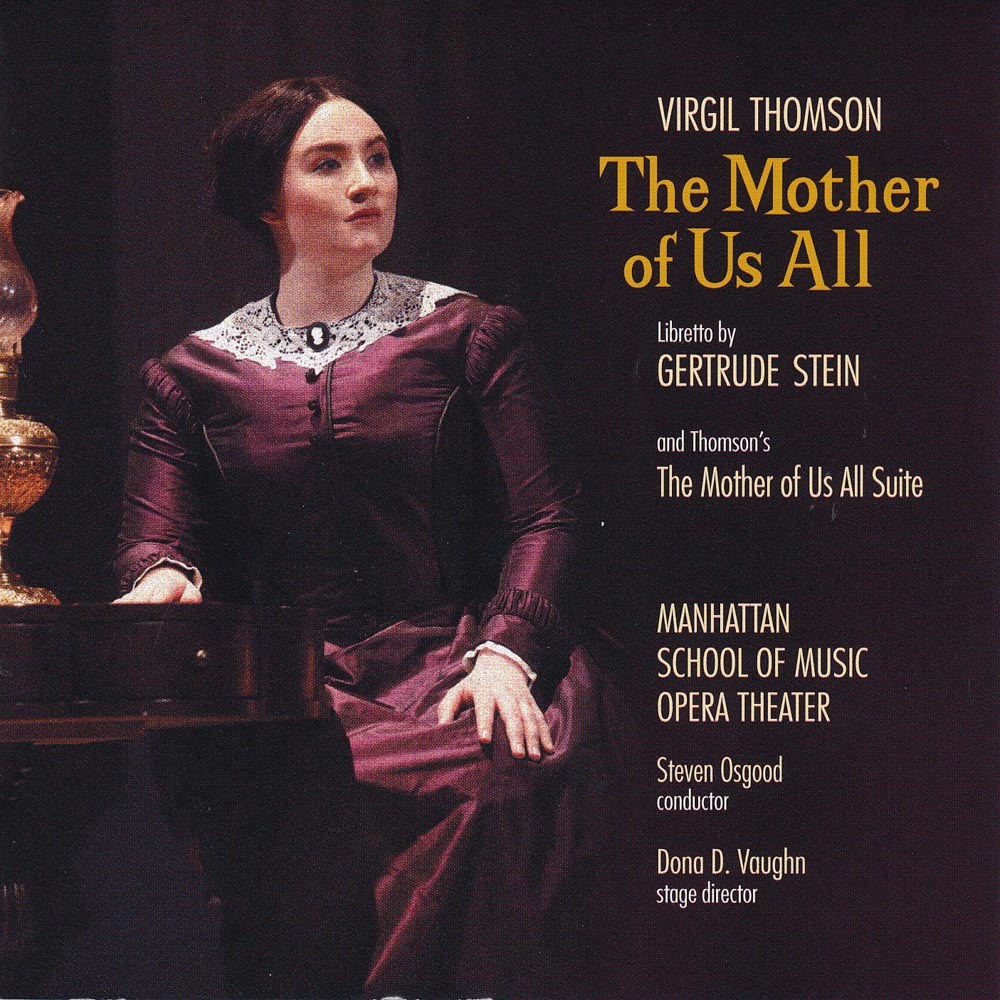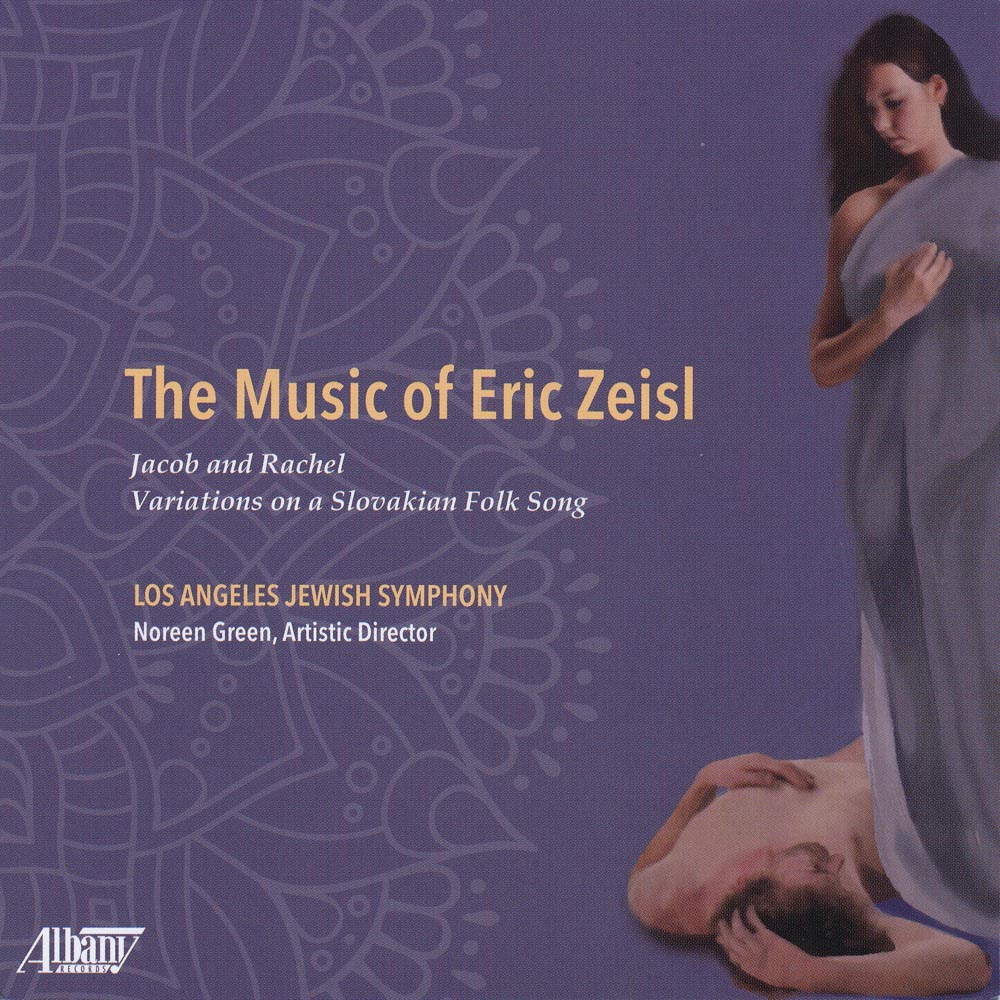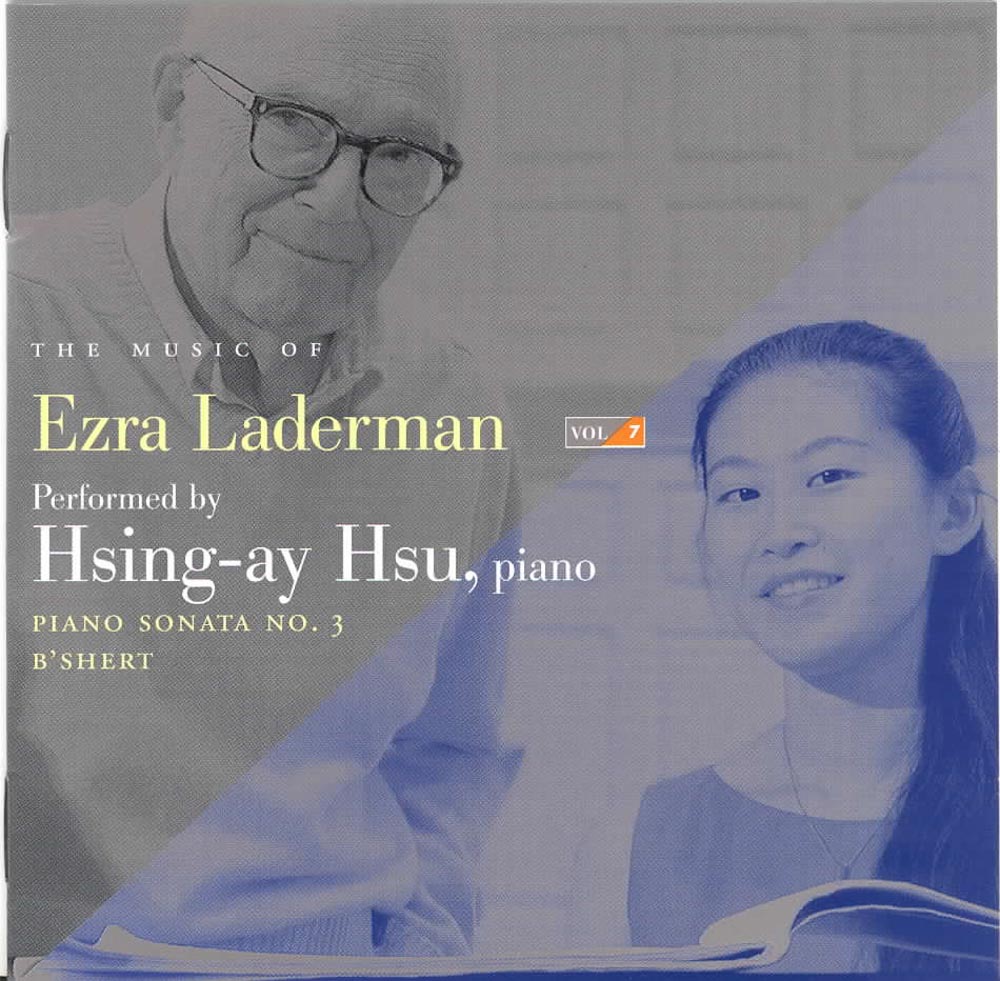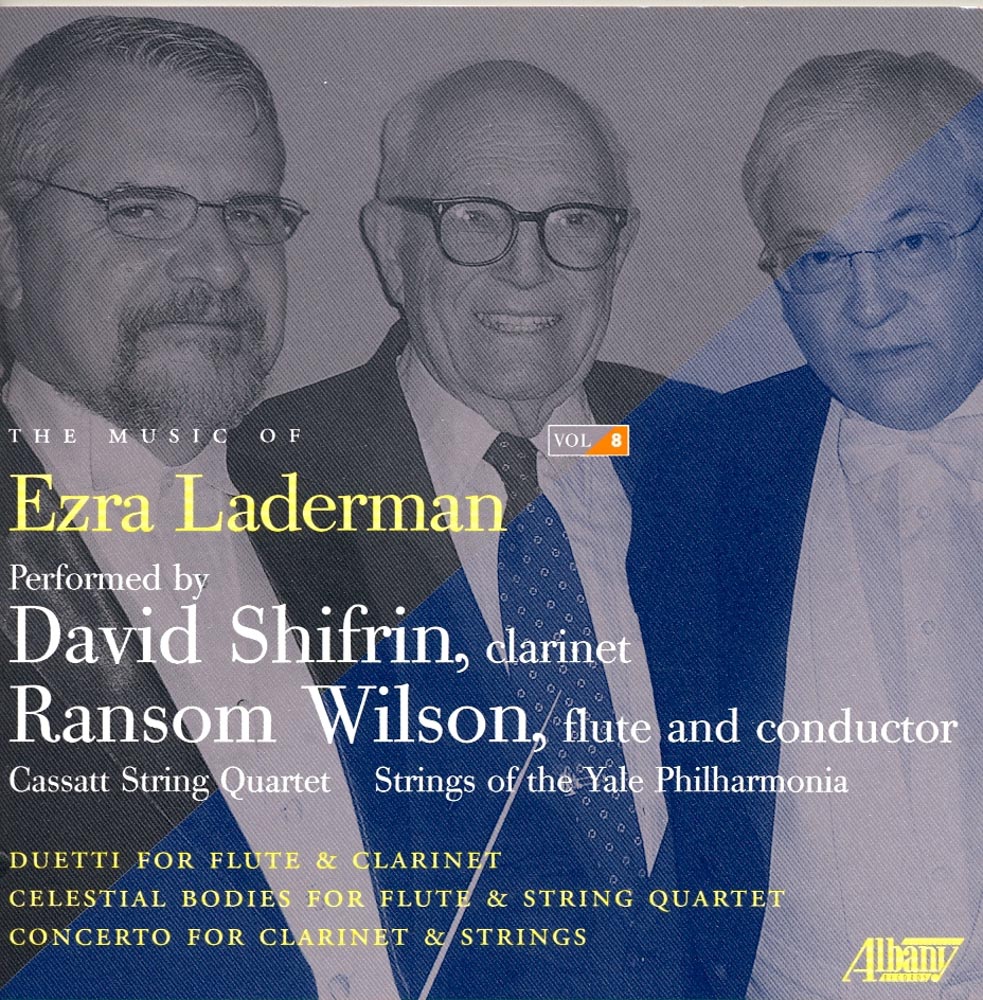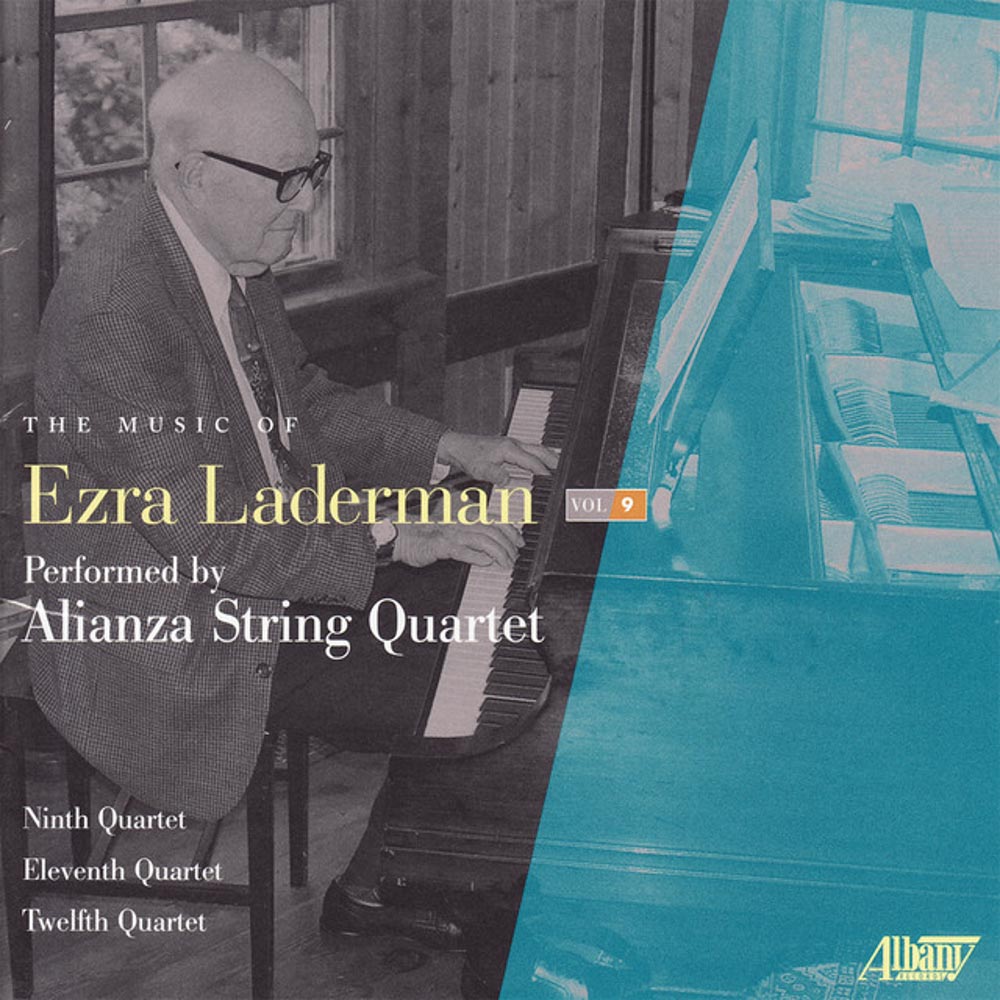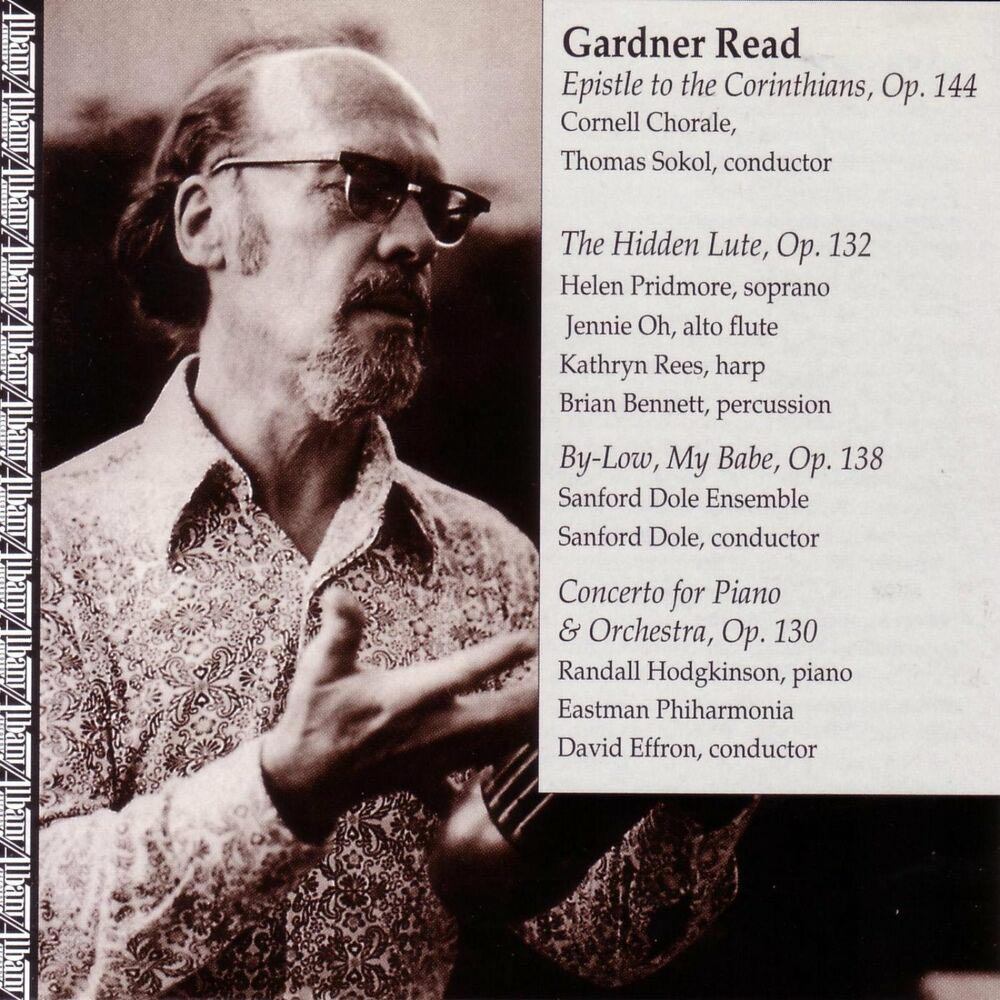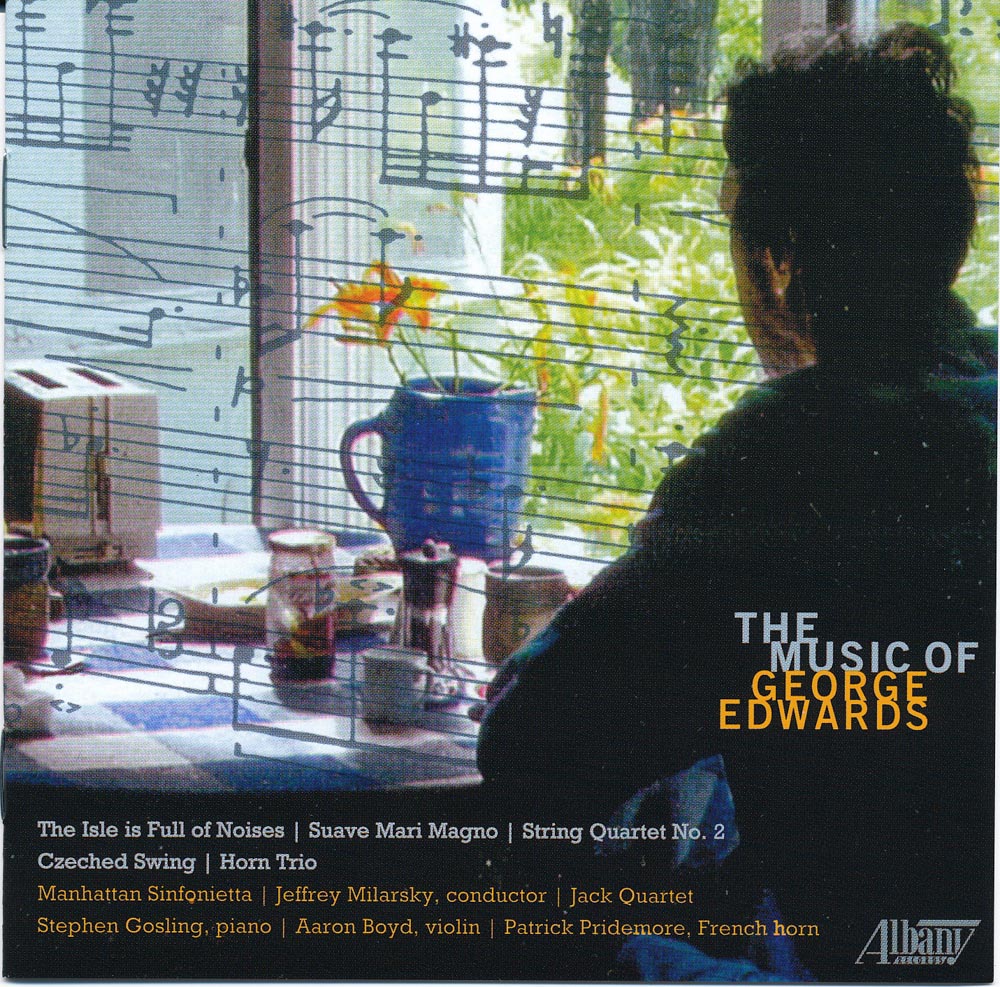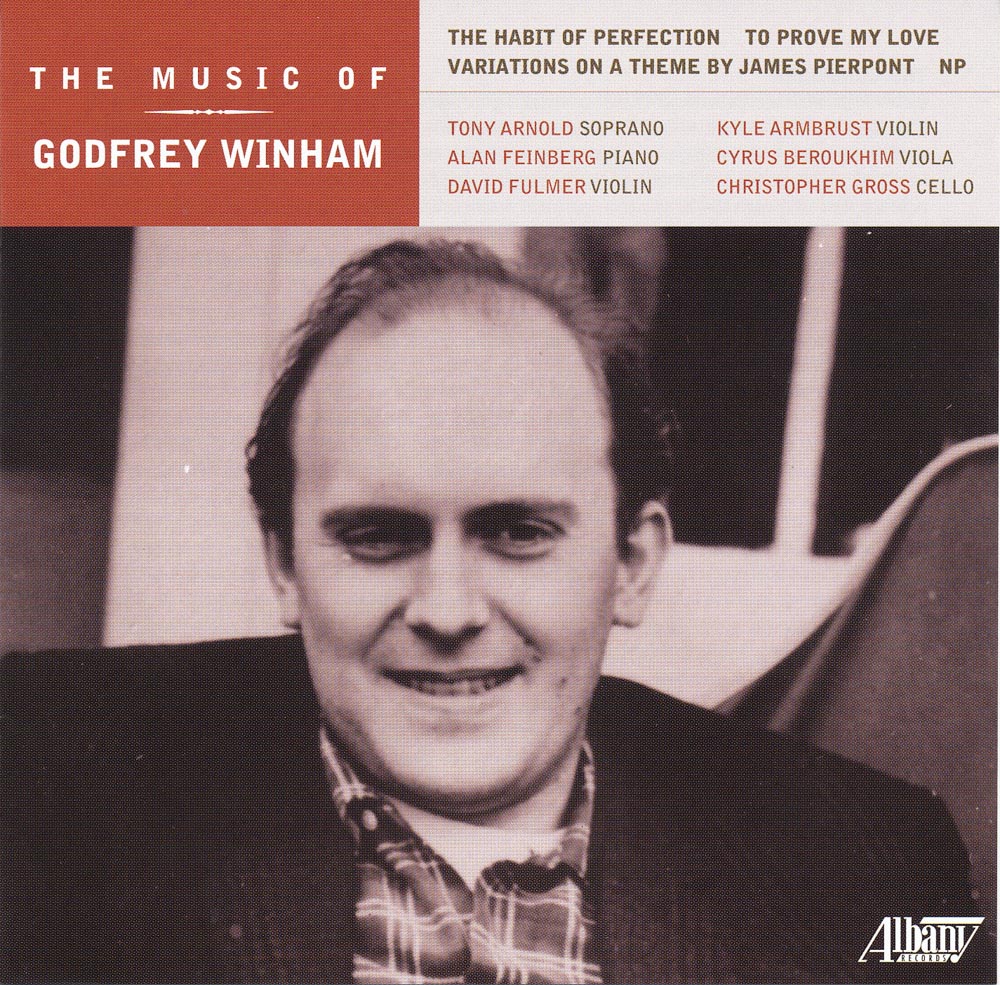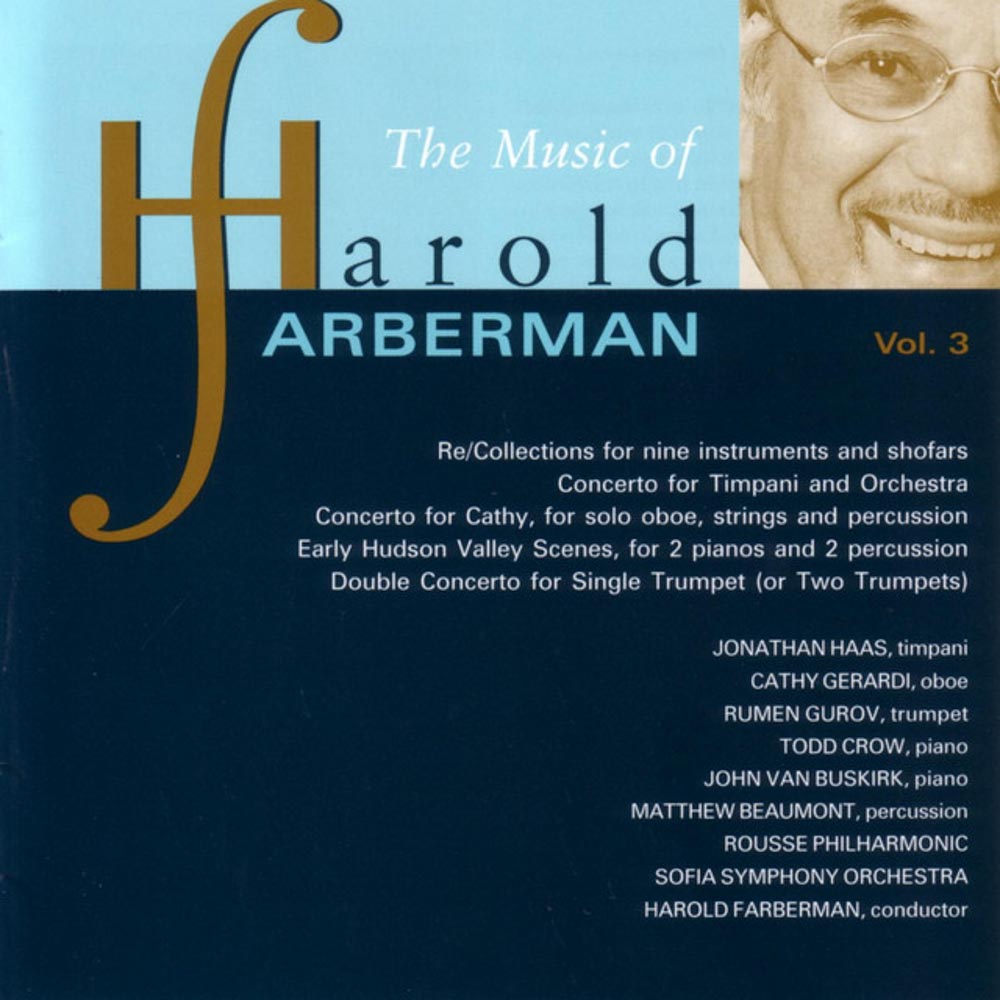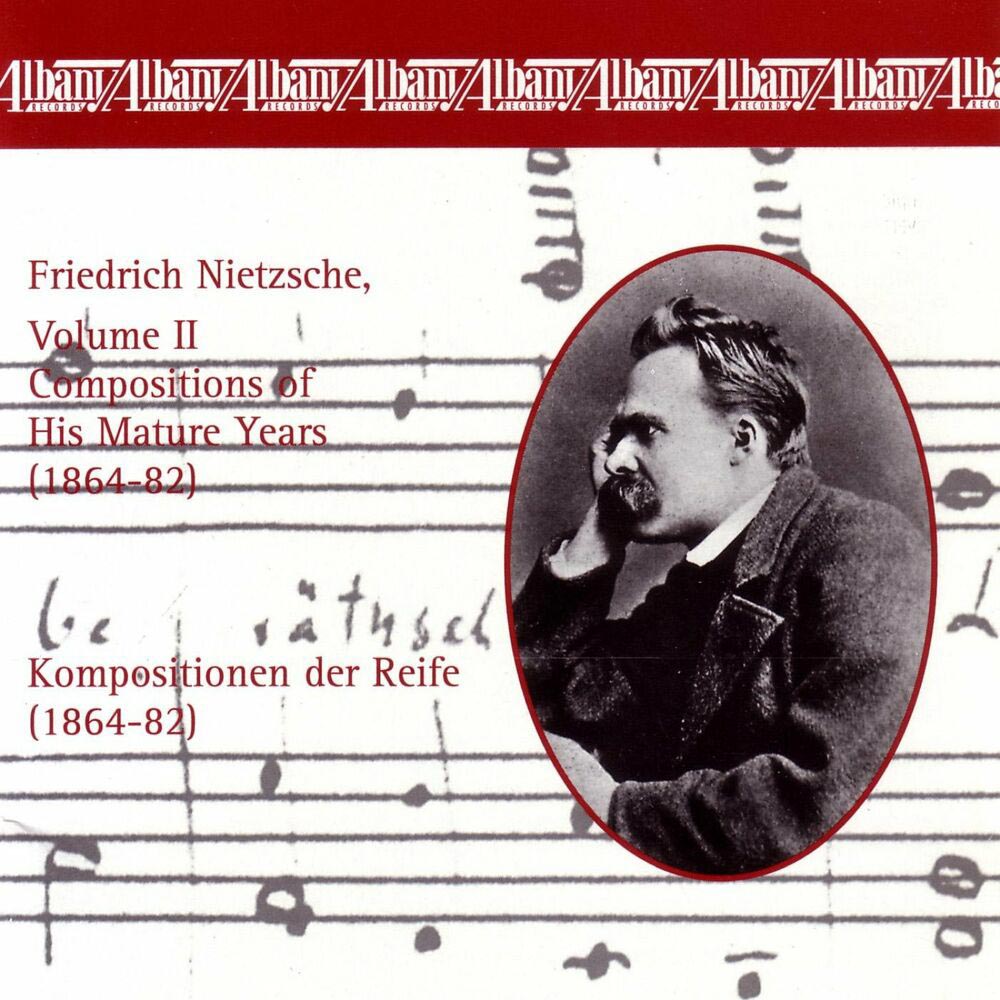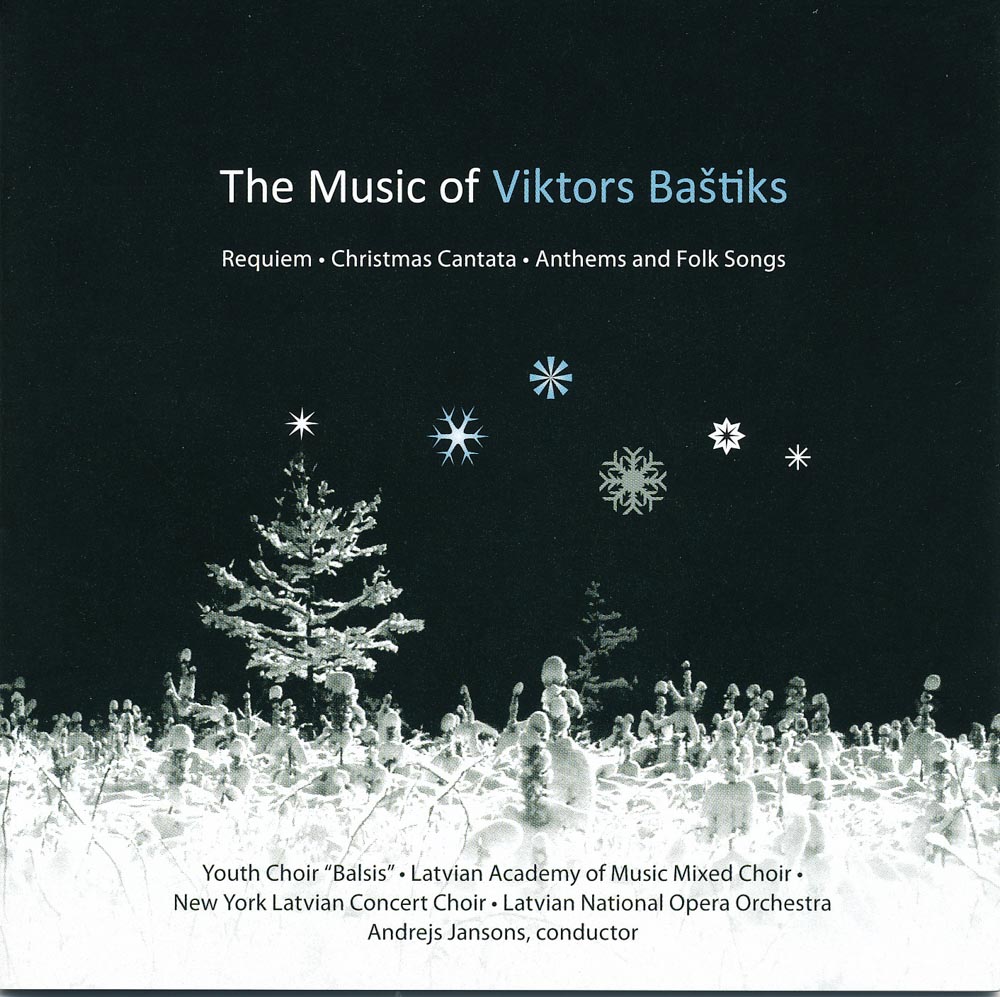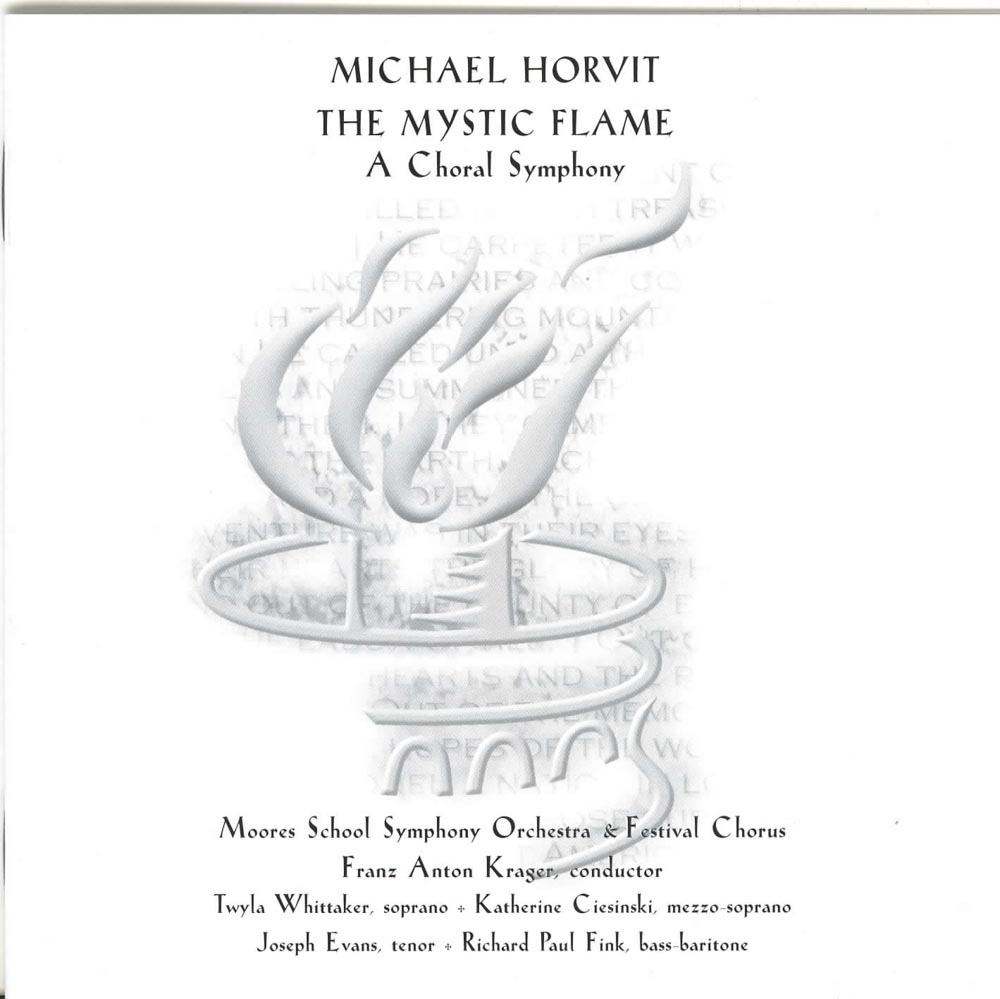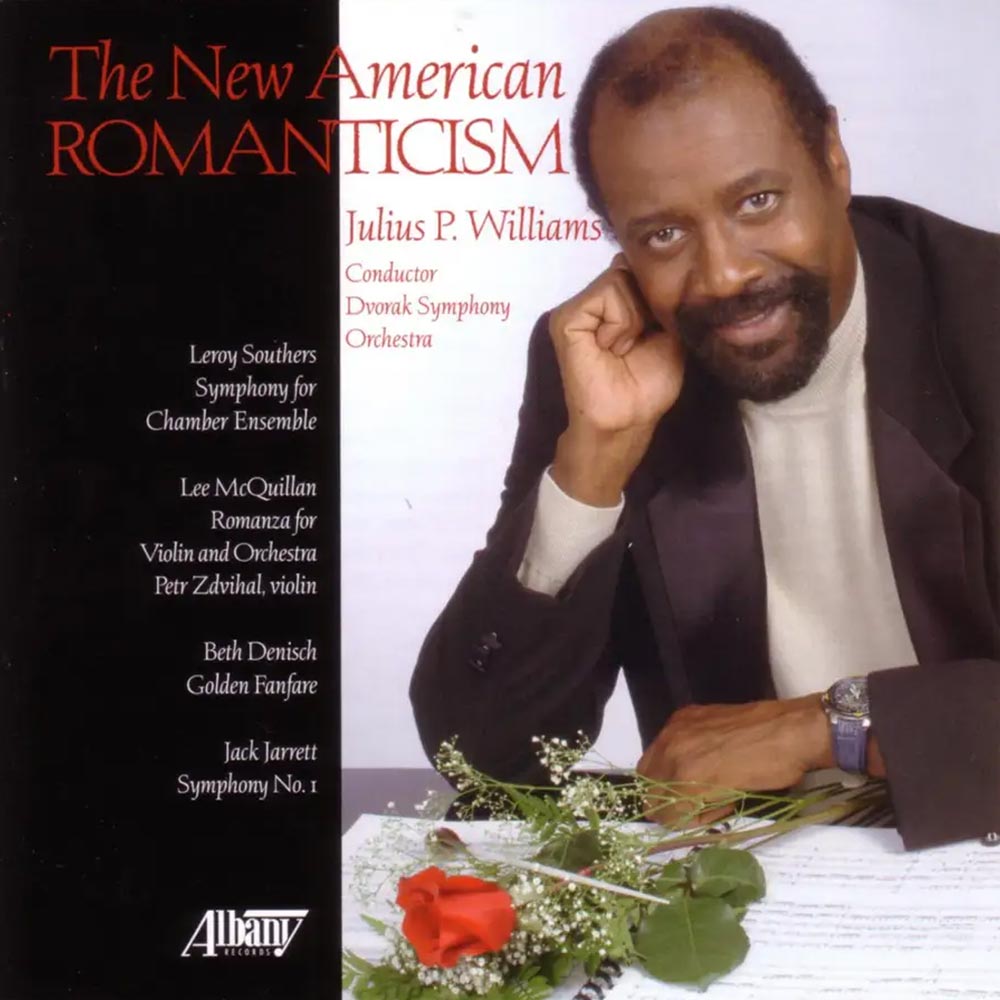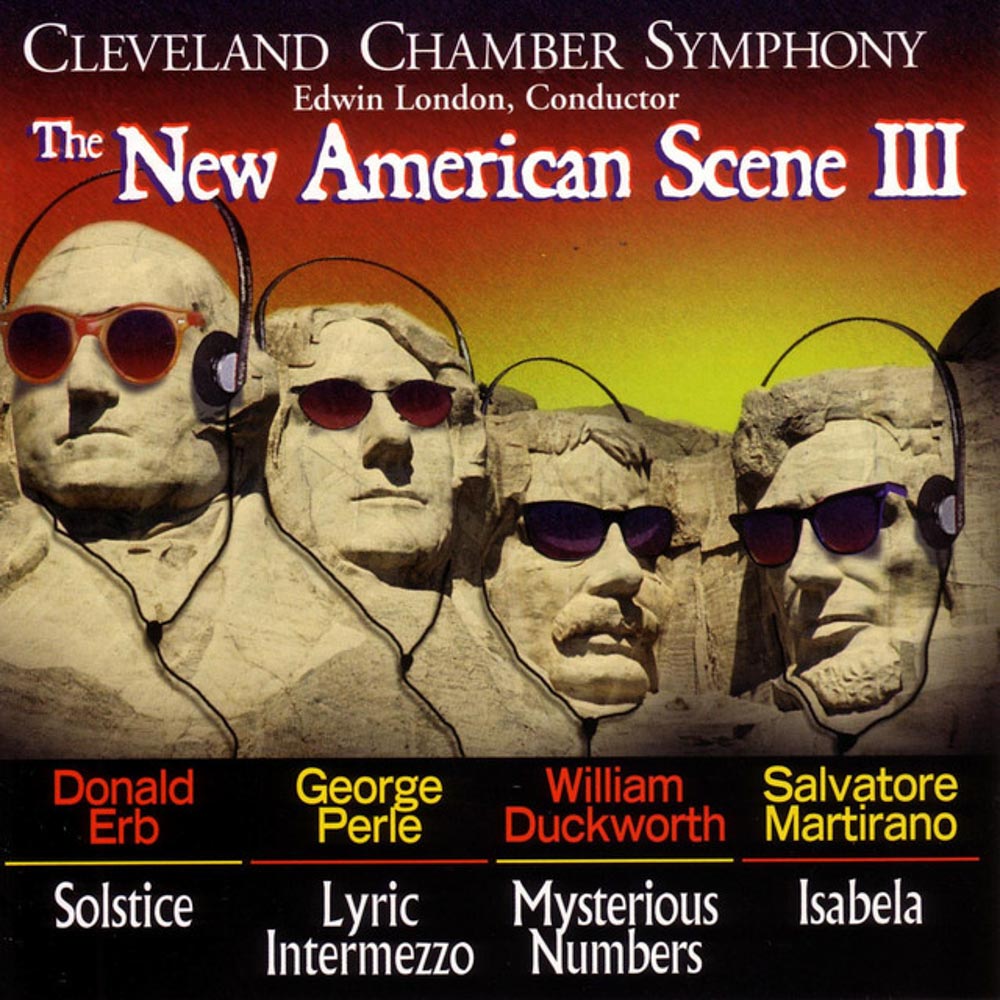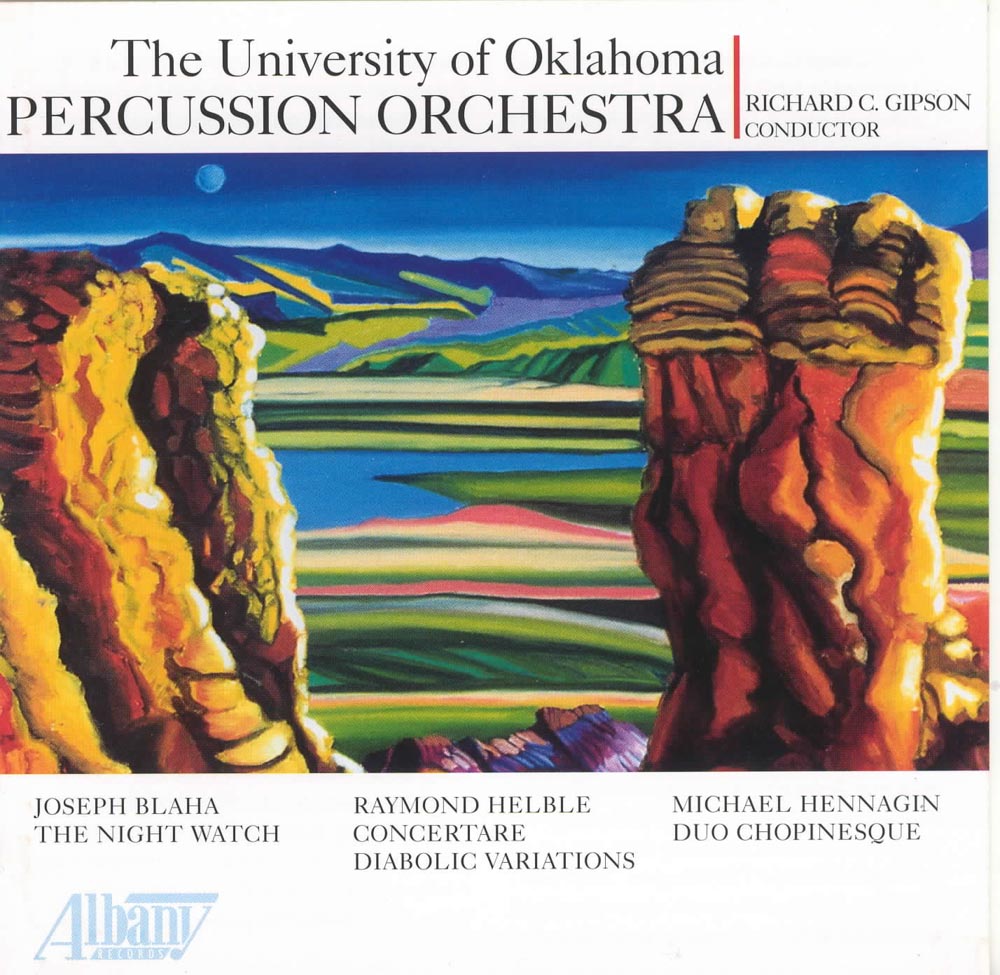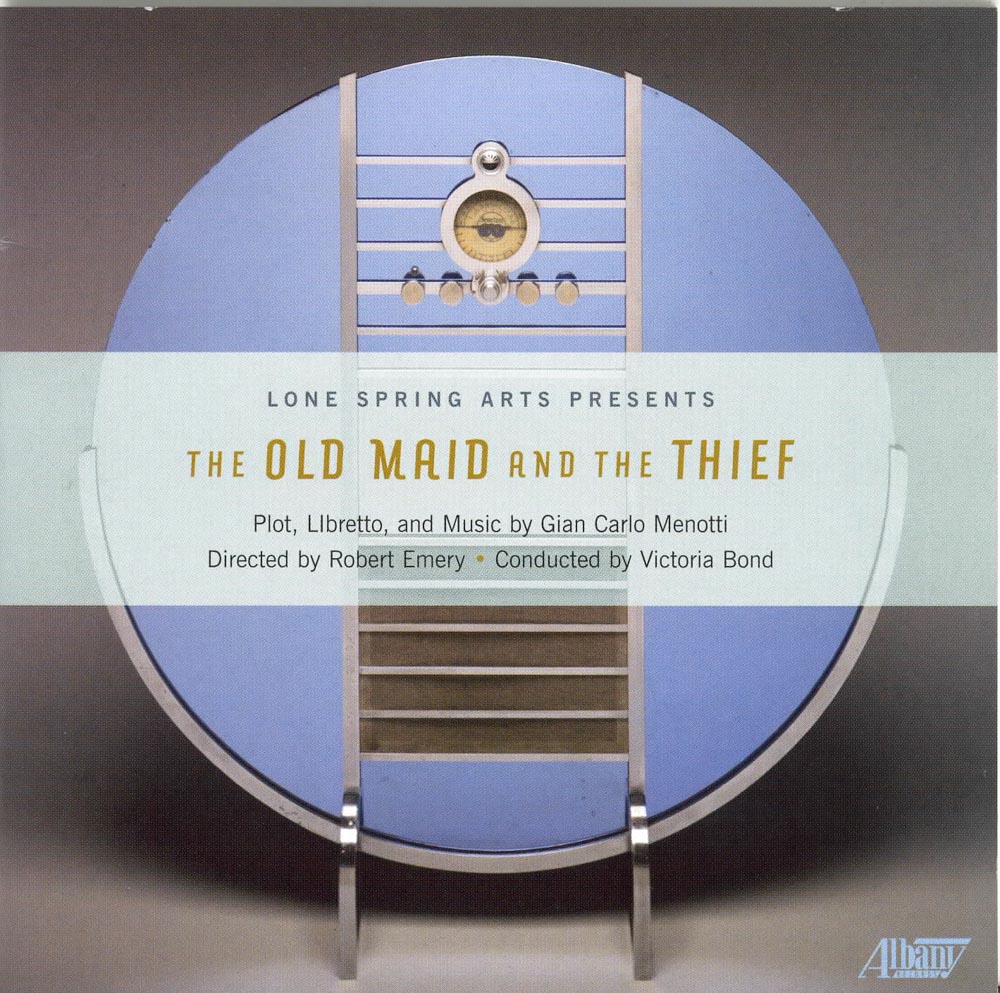Catalog #: TROY1597
Release Date: November 1, 2015PianoPianist Stephanie Bruning notes that the Indianist Movement is a title many music historians use to define the surge of compositions related to or based on the music of Native Americans that took place from around 1890 to 1920. Hundreds of compositions written during this time incorporated various aspects of Indian folklore and music into Western art music. The character piece was a very successful genre for composers to express themselves. It became a natural genre for composers of the Indianist Movement to use as an outlet for portraying musical themes and folklore of Native American tribes. Eventually this enthusiasm died out leaving a large body of piano literature collecting dust, out of print, and virtually unrecognized. Bruning offers a selection of some of these works with this recording offering a glimpse of each composer's style and a look into musical and social issues America was grappling with at the end of the century. Stephanie Bruning is a graduate of Drake University and the University of Cincinnati, College-Conservatory of Music. She is on the faculty at Morgan State University and serves as a reviewer for Clavier Companion.
Catalog #: TROY1678
Release Date: August 1, 2017OperaJacques Offenbach's mini opéra bouffe L'île de Tulipatan was premiered in September 1868 in Paris and was wildly successful. The hilarious plot, set on a South Seas island, involves cross-dressing and gender confusions, and features a tuneful score. It travelled to Germany and Austria the year following its premier and to the U.K. three seasons later. This charming operetta was recorded live at Radio France in the late 1950s and again in the 1980s, both French-language. The present English translation by Gregg Opelka and Jack Helbig was created in 2003. This recording, from the Light Opera of New York's Spring 2017 live New York City production, is the first for the work in English. The entire Offenbach score is heard with Opelka's lyrics, along with a slightly truncated version of Helbig's snappy spoken dialogue.
Catalog #: TROY0313
Release Date: October 1, 1998OperaThe Kona Coffee Cantata originated, appropriately enough, over coffee and conversation in 1981 between composer Jerre Tanner and Christine Jones, a classical music lover and co-owner of The Coffee Cantata, a coffee shop in Kailua-Kona on Hawaii Island. Jones suggested that Tanner write a companion piece to Bach's Coffee Cantata. Tanner and his librettist agreed to create a Baroque Hawaiian Style for the new work. Says Tanner: "We would combine Baroque musical traditions with Hawaiian musical traditions as seamlessly as possible looking for a common ground between the two so that our audience would accept this cross-cultural hybrid." The listener can hear recitativo secco, arias with instrumental obbligatos, cabalettas displaying vocal pyrotechnics, fugues, chorale preludes, florid ornamentation and those sturdy Baroque walking bass lines. On the Hawaiian side, there are hints of ancient chant and hula rhythms sounded by the ipu hula - a traditional drum-like instrument used for the dance. The rest of the Orchestra is made up of strings, flute and basso continuo, the same instrumentation as Bach's Coffee Cantata. As well, just like the Bach work, Tanner's Cantata uses three characters sung by a soprano, tenor and bass. The work received its premiere in a somewhat abbreviated version by the Uptown Opera at Lindaman's Gourmet-to-Go Restaurant in Spokane, Washington on November 13, 1986. Jerre Tanner is the composer of Boy With Goldfish which is also available on Albany TROY353.
Catalog #: TROY0755
Release Date: July 1, 2005Wind EnsembleAlbany Records is proud to release what is a long-overdue memorial to one of the finest American composers of wind ensemble music. Chance was a gifted composer, teacher and administrator who died a tragic death by accidental electrocution at the age of 39. He studied theory and composition with Kent Kennan, Clifton Williams and Paul Pisk. If you are familiar with the "old school" of band music, Chance is as fine a representative as any. His music is brash, exciting, and highly energetic in the way you remember from those works you heard on those great old Mercury recordings with the late Frederick Fennell. Ironically, though such works as the Blue Lake Overture and Variations on a Korean Folk-Song have been in the active band repertory for years, this is the first major commercial release entirely devoted to his music, a "greatest hits" package in fact. Standing out in particular is the Symphony No. 2, perhaps the best work of its kind since the Persichetti Symphony (No. 6) for Band. Based on a four-note motif of C#-D-F-E, the music whips up a remarkable amount of tension and excitement, especially in the last movement. The authoritative performances are under Stephen K. Steele, who began directing the Band Department at Illinois State University in 1987. Under his direction, the Wind Symphony has performed for state and national conventions, including the 1990 American Bandmasters Association and the 1993 and 2001 College Band Directors National Association. Steele and the Wind Symphony can also be heard on two previous releases, TROY500 (music of Persichetti, Syler, Zaninelli and Maslanka) and TROY600 (music of Maslanka and Hagen). Albany has had great success with our catalog of wind music, and we feel this new release, honoring John Barnes Chance, is one of finest.
Catalog #: TROY0291
Release Date: August 1, 1998InstrumentalPantcho Vladigerov has justifiably earned the symbolic title of Grand Master of the Bulgarian school of composing. It fell upon Vladigerov to become the first recognized representative and brilliant herald of the young Bulgarian art of composing that was trying to find its own place in the world of music after 500 years of being yoked by the Ottoman Empire. His enormous gift and the wide spectrum of his creations gave Bulgarian music what the other great musical nations took pride in long before his star began to rise. Vladigerov, known in the West as the teacher of Alexis Weissenberg, was a composer-pianist with electrifying technique, dazzling energy, and driving spirit. Pantcho Vladigerov's mother was a medical doctor and was related to Boris Pasternak and his father was a lawyer. In 1912, he was sent, with his brother to Berlin where he studied with Paul Juon. He also studied piano with Heinrich Bart who was a pupil of Franz Liszt. At fifteen Pantcho entered the School of Music. In 1918, he composed his first piano concerto for the Russian pianist Leonid Kreutzer. The performance of this work brought him recognition. In 1932 he returned to Bulgaria where he became Professor of Piano, Chamber Music and Composition at the Academy of Music in Sofia. For the next forty years he concertized, composed and made recordings. He died in 1978 at the age of 79. Alexander Vladigerov studied composition and piano with his father as well as conducting with Nathan Rachlin in Kiev. He was ferociously promoting George Gershwin and American jazz in Bulgaria at a time when such artists were persecuted by the Communists for similar activities.
Catalog #: TROY0091
Release Date: July 1, 1993OperaBased on the story by Ray Bradbury, this marvelous chamber opera was composed by Lawrence Rapchak between September 1988 and February 1989. It was given its world premiere performance on April 21, 1990 by the same forces heard on this recording. As with so many contemporary operas, the libretto is riveting. Here is a synopsis: Juan Diaz, a poor peasant, dies after a lifetime of failing to provide for his wife Maria and their three children. On his deathbed, he promises to somehow help care for them from beyond the grave. A year after the death, the malevolent gravedigger Alejandro cheats Maria and unearths the body of her late husband, placing it on display in the catacombs. The loyal and courageous Maria then manages to steal the body and evade the gravedigger's charges of theft. She then places the body on an altar in her home, thus creating a small museum of her own, and charges admission to the tourists who come to celebrate the Day of the Dead. Through her actions she has made it possible for Juan to keep his deathbed pledge by providing income for his family.
Catalog #: TROY1589
Release Date: September 1, 2015ChoralThis recording continues the tradition of the New York Latvian Concert Choir soon after its founding in 1975 of commissioning cantatas for their annual holiday concerts. The music presented on this CD, all new works by Latvian composers, is written in a great variety of styles, uniting the worlds of Latvian folklore and Christianity--that of Valdis Zilveris is written in a romantic tradition with simple, memorable melodies; while Ingmars Zemzaris has used a neo-baroque style; Ilona Rupaines' is much more complicated, intertwining folkloric and Christian worlds; and Larkis Lacis employs jazz harmonies but not jazz rhythms. This is the third recording of Latvian music for the Christmas season by the New York Latvian Concert Choir.
Catalog #: TROY1930
Release Date: April 1, 2023InstrumentalViolinist Timothy Schwarz conceived of this recording as an exploration of works by living American composers who are writing in a wide range of musical styles. Some are heavily influenced by older composers; others are writing in a musical tradition they were not born into, exploring these ideas from the view of an outsider; and still others are taking well established genres and writing in a way that bridges them with the world of classical music. The works on this recording are beautiful, painful, though-provoking, and fun. Violinist Timothy Schwarz has enjoyed a brilliant career as a soloist, chamber musician, and pedagogue. He served as an Artistic Ambassador for the United States from 1996-2001, bringing American music throughout the Middle East, North Africa, and Southeast Asia. He is currently on the faculty at Rowan University and a visiting professor at the London College of Music. He is joined on this recording by a stellar group of musicians including Charles Abramovic, Douglas Mapp, and Doug Hirlinger.
Catalog #: TROY1437
Release Date: September 1, 2013InstrumentalThis recording features the bird-like and zephyr quality of the flute in works of virtuosity and lyricism, but also highlights extended techniques, 21st century nuances, and contemporary lyrical styles, bringing to light the complete and modern capabilities of the instrument. Distinguished soloist, Dr. Tia Roper, was the grand prizewinner of the 2004-05 Artists International Debut Recital Award as well as a winner of the New York Flute Club Competition. She has served as principal flutist of the New York String Orchestra, the Boston Civic Symphony Orchestra and the Pacific Music Festival Orchestra and has performed as a soloist with the Queens Symphony Orchestra. She has given numerous concert performances in Russia, Switzerland, the Barbados, Japan, Venezuela and throughout the United States. She studied at the Manhattan School of Music and Boston University, and obtained her D.M.A. from Rutgers University. She serves on the faculty of the Bloomingdale School of Music and the Usdan Center for the Creative & Performing Arts. Her collaborator, pianist Mitchell Vines, enjoys an active performing career in Europe, South America, Asia and the United States. A graduate of Portland State University and Eastman, Vines is music and choir director of the Unitarian Church in Summit, New Jersey and Temple Israel in New York City.
Catalog #: TROY0753
Release Date: August 1, 2005VocalComposer-pianist Gary Smart composes, performs, and improvises music that reflects an abiding interest in Americana, world musics and jazz, as well as the western classical tradition. An artist with a wide range of constantly developing interests, Smart has lived and worked in the eastern, midwestern and western USA as well as in Germany, Japan and Indonesia. He has studied with composers Yehudi Wyner, Toru Takemitsu and John Corigliano; worked with jazz composer David Baker and film composer Henry Mancini; and studied piano with Jorge Bolet, Yale scholar-keyboardist Ralph Kirkpatrick and jazz pianist Oscar Peterson. He is a graduate of Indiana University and the Yale School of Music. Dr. Smart is currently Yessin Professor of Music at the University of North Florida in Jacksonville. Smart talks about his relationship to songs. "As a child I learned hundreds of pop songs, the great tunes of Berlin, Kern, Gershwin, Rodgers, Ellington, etc. My sense of melody, harmony, and textural inflection is as much influenced by classic American popular songs as it is by the great European art song tradition, which I love, but which I discovered only after entering college. These genres of course have much in common: primarily, an equitable marriage of words and music....For me, a song doesn't work unless the two become one, inseparable." Set to poems by Elizabeth Barett Browning, Langston Hughes, Hart Crane, William Carlos Williams, Sara Teasdale and Emily Dickinson, as well as a moving letter from a Civil War major to his wife, Smart's song cycles show his commitment to the song as a form of chamber music.
Catalog #: TROY1765
Release Date: April 1, 2019InstrumentalBernard Hoffer, born in Switzerland, came to the United States in 1941. He received degrees from Eastman, served as an arranger for the U.S. Army Field Band of Washington, D.C., and worked in New York as a freelance musician, composer, conductor and arranger. He is known not only for his chamber and orchestral music but also for works written for films, television, and commercials, notably the score to Thundercats, and themes for PBS News Hour and The American Experience. This fifth release devoted to his music on Albany Records features music for piano and the composer says that many of them are of a biographical nature, inspired by events or observations. Randall Hodgkinson, the distinguished American pianist is the featured performer, joined by Leslie Amper on Hoffer's work for two pianos, Events and Excursions.
Catalog #: TROY0148
Release Date: March 1, 1995ChamberCurtis O.B. Curtis-Smith was born in Walla Walla, Washington in 1941. His teachers included David Burge, Alan Stout, Ken Gaburo, and Bruno Maderna. He has taught composition at the University of Michigan and is currently Professor of Music at Western Michigan University in Kalamazoo. In 1994, Leon Fleisher performed his Piano Concerto for the Left Hand and Orchestra with Neemi Jarvi and the Detroit Symphony Orchestra. Dennis Russell Davies and the American Composers Orchestra have performed his Great American Symphony (GAS!) This disc presents a fine cross section of Mr. Curtis-Smith's chamber music. Note that Dennis Russell Davies is the piano soloist in the Sextet for Piano and Winds, a work that was written for, and is dedicated to him.
Catalog #: TROY1069
Release Date: January 1, 2009ChamberThis recording contains the work of six contemporary composers either currently active in, or with some connection to the American Midwest. The works were composed during a six-year span, from 2001-2007 and are performed by Stacey Barelos, a DMA student in piano and composition at the University of Wisconsin-Madison. Noted for her presentation of music of the 20th and 21st centuries, her performances of the music of Henry Cowell have attracted special recognition and acclaim.
Catalog #: TROY1070-71
Release Date: November 1, 2008OperaFor a century and a quarter Gilbert and Sullivan's hilarious 1885 comic opera, The Mikado, has elicited joyous shouts and cheers from audiences the world over--and it has survived triumphant, even in the face of controversial productions and oddball casting. This recording, taken from the Ohio Light Opera's 2008 Festival performances, includes all the music as well as the complete dialogue.
Catalog #: TROY1486-87
Release Date: April 1, 2014OperaLong overdue, this recording of Virgil Thomson's 1947 opera with libretto by Gertrude Stein by the Manhattan School of Music Opera Theater, makes a major American opera available. The opera, commissioned by the Alice A. Ditson Fund, tells the story of Susan B. Anthony, but Stein's approach mixes real and fictional characters from different historical periods. Premiered at Columbia University, the opera impressed the distinguished audience and press, but neither of New York's major opera companies took on the work. Thomson's music, a continuation of his style of making text come alive through natural inflections and sparing instrumental supports, is suggestive of its American theme with fanfares, political songs, Salvation Army-style marches and parlor songs.
Catalog #: TROY1756
Release Date: January 1, 2019OrchestralBorn in 1905, Eric Zeisl fled Austria in 1938, coming to the United States, and committing himself to applying his mastery of classical compositional technique to commemorating the destroyed Jewish European heritage. He met Benjamin Zemach at the then new Brandeis-Bardin Institute, where Zemach headed the dance and theater department. The two men set out to create two biblical ballets, one of which, Jacob and Rachel, is performed on this recording. Zemach expertly distilled the dramatic elements of the old stories into scenes, and Zeisl composed the musichis forte was exactly that, depicting characters, actions and emotions in music. The second work on this recording, Variations on a Slovakian Folk Song, derives its theme from a book of folksongs called Slowakisch. The translation of the text is: Lord God mine, Father mine, give the world your light and justice. Every day your poor servant suffers terribly. The mission of the Los Angeles Jewish Symphony is to perform orchestral works of well-known as well as not widely recognized Jewish composers. The LAJS is the only orchestra in America dedicated to the performance and preservation of orchestral works of distinction that explore Jewish culture, heritage, and experience. Led by artistic director Noreen Green, who founded the orchestra in 1994, the LAJS celebrates the richness of Jewish music, sharing it with diverse audiences. Dr. Green is known worldwide for her knowledge and skill in presenting music with Jewish themes. She has served as guest conductor in the United States, Israel, South Africa, Australia, and Canada. In 2017, Musical America recognized her as one of its Movers & Shapers the Top 30 Musical America Professionals of the Year.
Catalog #: TROY0939
Release Date: July 1, 2007InstrumentalEzra Laderman is one of the last of that great generation of composers who first made a mark in the late 1940s and early 1950s. These are recent pieces, B'Shert having been written for Hsu. As she writes, The Sonata No. 3 is a spectacular work, with a depth that is both despairing and sublime! Since making her stage debut at age four, Hsing-ay Hsu has performed at such notable venues as Carnegie Hall, the Kennedy Center, Alice Tully Hall, Weill Recital Hall and abroad in Asia and Europe. Born in Beijing, Hsu began piano lessons with her parents, and later studied with Fei-Ping Hsu, Herbert Stessin at Juilliard, and Claude Frank at Yale. This recording adds to the comprehensive discography of Laderman's chamber works.
Catalog #: TROY1057
Release Date: December 1, 2008ChamberTwo internationally renowned soloists, David Shifrin and Ransom Wilson, are featured in this eighth volume of Albany Records' series devoted to the music of Ezra Laderman. Laderman remarks: "I have been among those who move from writing for orchestra to chamber music, to vocal, and solo and operatic works -- feeling the need to explore and stretch my musical language as I go -- to reach for a new constellation. My most recent works for flute and clarinet attest to that and this cd clearly shows the path I have traveled."
Catalog #: TROY1155
Release Date: December 1, 2009ChamberLaderman comments, "This ninth cd with Albany Records brings me to the end of a musical exploration started October 1, 2000. This culminating cd, the final three string quartets I will ever compose represent the most recent evolution of my compositional esthetic...The excitement, the fun, the joy that composing has afforded me is due in no small measure to the unknown path traveled each morning as I sit before the blank sheet of music paper. It's a great way to spend a life. I recommend it without reservation."
Catalog #: TROY0245
Release Date: June 1, 1997ChamberGardner Read was born in Evanston, Illinois and has enjoyed a prolific and varied career as composer, conductor, teacher and author. As a high school student majoring in music he studied piano and Organ privately and took lessons in composition at Northwestern University's School of Music. During the summers of 1932 and 1933, he studied composition and conducting at the National Music Camp, Interlochen, Michigan, where in 1940, he taught composition and Orchestration. In 1932, he was awarded a four-year scholarship to Eastman, where his principal teachers were Bernard Rogers and Howard Hanson. In 1938, on a Cromwell Traveling Fellowship to Europe, he studied with Pizzetti in Rome and briefly with Sibelius in Finland, just before the outbreak of World War II. He also studied with Aaron Copland at Tanglewood in1941. From 1941 to 1948 Read headed the composition departments of the St. Louis Institute of Music, the Kansas City Conservatory of Music and the Cleveland Institute of Music. In 1948, he was appointed composer-in-residence and professor of composition at the School of Music, Boston University, retiring as Professor Emeritus in 1978. The major work on this disc, the Piano Concerto, although composed in 1973-78, had to wait until January 31, 1996 for its premiere. The performance on this disc is of that wonderful performance. Randall Hodgkinson does a terrific job.
Catalog #: TROY1264
Release Date: May 1, 2011ChamberGeorge Edwards graduated from Oberlin and then did graduate study at Princeton, where he studied with Milton Babbitt, Earl Kim and Edward T. Cone. He taught at the New England Conservatory and then moved to Columbia University in 1977 where he taught composition and theory until 2004 when he retired. George Edwards' longtime friend and colleague, the composer and theorist Fred Lerdahl, identifies three basic strands in Edwards' music. First, it is relentlessly contrapuntal. Second, Lerdahl notes that while the music is not truly serial, the works of twelve-tone composers have had a profound effect. Finally, the music shows a strong affinity for the lyrical intensity and harmonic richness of the late Romantic Austro-German repertoire. These three strands coalesce in important ways to form the essence of George Edwards' unique compositional voice. With the release of this recording, we are fortunate to have the opportunity to engage with a composer of the first order.
Catalog #: TROY1408
Release Date: April 1, 2013ChamberBorn in 1934 in London, American composer Godfrey Winham died at the age of 40. He graduated from the Royal Academy of Music and later attended Princeton where he studied with Roger Sessions. He worked at the Columbia-Princeton Electronic Music Center writing for the RCA Sound Synthesizer, which fostered his interest in this medium. From 1964 until his death in 1975, he was a pioneer and authority in the field of computer music. He also wrote music criticism and contributed to journals like Music Review and Tempo. The bulk of his writings on music, theory, logic and philosophy are at the Firestone Library of Princeton. His short life limited his actual number of music compositions, but the works on this recording are representative of his output. This is the first recording devoted exclusively to his music. Every musical work by Winham was an essay on music, showing by example the content and implications of his complex evolving philosophy of music. The music is performed by some of the best-known exponents of contemporary music, including soprano Tony Arnold and pianist Alan Feinberg.
Catalog #: TROY0688
Release Date: November 1, 2004ChamberHarold Farberman's career as a conductor has overshadowed his achievements as a composer. In fact, while a member of the Boston Symphony Orchestra, Farberman turned first to composition as a further creative outlet, which in turn led to his more visible conducting career. From the mid-fifties onward, when he composed his first work, Evolution, for soprano, French horn and seven percussionists, Farberman has never stopped creating music. Harold Farberman was born on November 2, 1929 on New York City's Lower East Side. Coming from a family of musicians (his father was the drummer in a famous 1920s Klezmer band led by Schleomke Beckerman; his brother was also a drummer) it seemed inevitable that he pursue music as a career. After graduating from the Juilliard School of Music on a full scholarship in 1951, he immediately joined the Boston Symphony Orchestra percussion section and became the youngest member of the orchestra at that time. Incidentally, Farberman has the distinction of being the only Juilliard instrumental graduate who has been invited back as a conductor of its various orchestras and as a composer - he was commissioned to write an opera for the opening of The Juilliard Opera Theater (The Losers). With a performer's knowledge of percussion instruments and a dissatisfaction with their conventional treatment, Farberman became an early advocate for the use of percussion sonorities as a major voice in compositional structures. His very first work, Evolution, written in 1954, before he began formal studies in composition, is scored for over one hundred percussion instruments and has been recorded four times, once by Leopold Stokowski. After hearing Evolution, Aaron Copland invited Farberman to study with him at Tanglewood in 1955. That short involvement with Copland strengthened Farberman's resolve to acquire more compositional skills, and during his twelve year tenure with the BSO, he earned a Masters Degree in composition from the New England Conservatory.
Catalog #: TROY0796
Release Date: October 1, 2005OrchestralPraised by the New York Times as a "young composer of great gifts," Larry Alan Smith has developed an international reputation as a composer, performer, educator and arts executive. He pursued his musical studies with Nadia Boulanger in France and at the Juilliard School with Vincent Persichetti. From 1980 to 1986 he also taught at Juilliard; previously he was on the composition faculty of the Boston Conservatory. It's always a pleasure to welcome a new name to the catalog, especially when this release features significant orchestral works: the Three Movements, full of drama and virtuoso writing; the introspective Crucifixus, the Symphony No.2 with its program describing the relationship of man and the world (with a depiction of the Civil War battle at Antietam, West Virginia) and the charming Serenade, a wedding present to his wife Marguerita. This is an exceptional way to make your acquaintance with an important American composer.
Catalog #: TROY0178
Release Date: January 1, 1996ChamberFriedrich Nietzsche (1844-1900) was fully conscious of his significance as a thinker who would deeply influence the direction of philosophical inquiry of future generations. His reputation as a philosopher is firmly established, but before he engaged himself fully as a philosopher, he had already created a substantial output as poet and composer. Musical composition preceded his involvement with philosophy and is therefore usually considered to be of little importance for an understanding of his thought. Nietzsche himself, however, considered it important that at least some of his music should be known in order to avoid misunderstandings of his basic intentions as a philosopher. In a letter from October 1887, he wrote: "...there has never been a philosopher who has been in essence a musician to such an extent as I am." However, when it came to his music, he did not display his usual assertion of superiority. In the same letter he says: "Even so, it is possible that I might be a thoroughly unsuccessful musician." During his lifetime, his compositions were not accepted as significant, either by his friends or by a wider public. Even after his name had become universally known, his compositions have either remained unknown or have only been accepted as biographical curiosities. Most of his music was written between the ages of 13 and 22. It is the purpose of these recordings to make the sound of these compositions accessible, so that a judgment concerning their style and their value can be made by the listener without having to rely on the judgment of others, even if those others are of the stature of Richard Wagner and Hans von Bulow. This first volume contains music Nietzsche composed before the age of 20. This disc contains a very detailed commentary on his emotional and intellectual development. Since he composed without a teacher, without regular instruction, and with very little external encouragement, this music is also a vivid demonstration of his innate impulse for self-expression, of his independence and of his willingness to accept risk and potential failure.
Catalog #: TROY0181
Release Date: June 1, 1996ChamberThis second volume of compositions by Friedrich Nietzsche begins with works he wrote in 1864, just before his twentieth birthday. During this year, he completed his schooling and commenced studies in philology and theology at the University of Bonn. It was the most productive year in his career as a composer, at least if one considers the quantity of finished works. These include his only completed piece of chamber music, a fantasy for violin and piano, and a song cycle. With the beginning of his university studies, his desire to express himself through music diminished. During his studies in Bonn and later in Leipzig, he wrote only a few occasional compositions: one song, a few small choral works, and some incomplete sketches for larger works. His connection with music took another, more fateful turn through his encounter with Richard Wagner. It was in Leipzig, in November 1868, that Nietzsche met Wagner for the first time. The ensuing friendship with the master and his wife became a matter of pivotal importance for his life, and really provided the impetus for his literary career. On his further development as a composer, however, this relationship seems to have had little influence. After a hiatus of several years during which Nietzsche did not write music at all, there followed a relatively short period, between 1871 and 1874, when he again took up composition. At that time, he had established himself as Professor of Philology at the University of Basel.
Catalog #: TROY1197
Release Date: June 1, 2010ChoralThis selection of choral music by Viktors Bastiks (1912-2001) is drawn mainly from his rich output of sacred works. His almost 300 compositions in this genre form a substantial cornerstone of Latvian sacred music. Even though his compositional output is impressive, Viktors Bastiks is one of Latvia's most ignored composers, which makes this recording all the more significant. The musical language of Viktors Bastiks is clear and tightly knit, concentrated in form and expression, whether it be a simple folk song setting or the extended forms of his many cantatas. It is heartfelt music, natural and unaffected with a strong spiritual aura.
Catalog #: TROY0533
Release Date: October 1, 2002ChoralMichael Horvit is Professor of Composition and Theory at the University of Houston Moores School of Music. For 25 years he served as music director at Congregation Emanu El, Houston, Texas. During his studies at Yale University, Tanglewood, Harvard University and Boston University, where he received his DMA degree, Dr. Horvit's composition teachers were Aaron Copland, Lukas Foss, Walter Piston, Quincy Porter and Gardner Read. In turn, Horvit has taught two generations of music students at the University of Houston. Commissioned by Congregation Emanu El, The Mystic Flame chronicles in words and music the Jewish experience in the 20th century. Texts are drawn from many sources: poets, novelists, historians, ministers, rabbis, major actors upon the world stage and ordinary people. This vast canvas of words and music, arranged in three large sections, mirrors the historical shape of the 20th century. Here we have the chronicle of one people, the Jewish people, in their struggle to be free from persecution, subjugation and bigotry. It is, however, symbolic of the struggle of all the diverse immigrants who came to our great nation. They came, and still come, to find freedom from oppression, be it religious, economic or political. They come "yearning to breathe free."
Catalog #: TROY0704
Release Date: November 1, 2004OrchestralLeroy Southers was born on July 13, 1941, in Minot, North Dakota, and died November, 2003. The recipient of numerous honors and academic degrees, including a Doctorate of Musical Arts & Composition from the University of Southern California, Leroy W. Southers, Jr. was an extremely accomplished musician. Member of the Composition faculty at the Berklee College of Music in Boston, he also taught in Los Angeles at the University of Southern California and at Loyola Marymount University. His Symphony for Chamber Ensemble was composed in 1967, when the composer was only 26. Lee T. McQuillan, a resident of Middletown, Connecticut, studied music Education at Barrington College in Rhode Island and later received his Bachelor of Music in Composition from the Hartt School of Music. His principal composition studies were with Arnoldo Franchetti. Romanza, subtitled Into Troubled Times (A 9/11 Reflection) was written to remember the great loss experienced by humanity on that momentous day in September, and to honor those who suffered the ultimate loss. Originally from Baltimore, Beth Denisch earned her undergraduate degree in music composition from North Texas State University and the Masters of Music and Doctor of Musical Arts degrees in composition from Boston University where she studied with John Harbison and Bernard Rands. Golden Fanfare was commissioned by The Brockton Symphony Orchestra of Brockton, Massachusetts for their 50th anniversary in 1998 and revised for subsequent performances as recorded here. Jack Jarret is a native of Asheville, North Carolina. His academic credentials include a B.A. from the University of Florida, and M.A. from the Eastman School, a Diploma in conducting from the Berlin Hochschule fur Musik, and a Doctor of Music in Composition from Indiana University. He has studied with Boris Blacher, Bernhard Heiden, and Tibor Kozma. From 1989 to 1999, he was chairman of the Composition Department at the Berklee College of Music. His Symphony No. 1 was composed in 1996. In style, it is closer to the classical romanticism of Tchaikovsky or Shostakovich than that of Strauss or Mahler. It is in four movements.
Catalog #: TROY0342
Release Date: August 1, 1999OrchestralSolstice, by Donald Erb, is celebratory in nature. It was commissioned by the Ohio Chamber Orchestra and premiered on June 3, 1988. It was originally intended to celebrate the 50th anniversary of the Organization, but the premiere occurred one year later. About his Lyric Intermezzo George Perle writes: "The Lyric Intermezzo was composed on commission from the Seattle Symphony and completed April 12, 1987, but its very first conception goes back some years before that, when my friend (now my wife), Shirley Rhoads, played Schumann's Waldszenen for me. I decided that I too would like to write a set of lyrical Charakterstucke for the piano." William Duckworth's Mysterious Numbers stemmed from an experiment that essentially involved collaboration of a composer with an ensemble to create a new work while an audience witnessed the process during a series of workshops. It happened in Florida in 1995-96, as part of a series of residencies at the Atlantic Center for the Arts by the New Performance Group of Seattle. Salvatore Martirano writes about Isabela "that it was originally aimed at music festivals celebrating the 500th anniversary of the discovery of America. However, music festivals celebrating Columbus ran aground as the implications for native Americans became apparent. Whether from habit or from a persistent motive, what started as a working title became a name as I considered that like Columbus, who began a journey across the sea without knowing where his course would lead him. "I began to compose without really knowing what would result from my plan." This disc contains the result of Martirano's own voyage.
Catalog #: TROY0567
Release Date: March 1, 2003ChamberJoseph Blaha is currently assistant professor of music and director of bands at Roanoke College in Salem, Virginia. In 1983, he enrolled as a doctoral student in composition at the University of Oklahoma and studied with Michael Hennagin earning a DMA in 1991. Raymond Helble, a native New Yorker, studied at the Eastman School of Music with Sam Adler, Wayne Barlow and Joseph Schwantner. A highly polished finish, elaborate motivic development, contrapuntal dexterity, and a concentrated intensity of expression, mark Helble's work, whether he uses tonal, serial, modal, or atonal materials to fashion his work. Born in The Dalles, Oregon, Michael Hennagin composed in virtually every medium including music for film, television, and stage. His broad repertoire includes instrumental and vocal solos, various chamber ensembles, symphonic band, orchestra, and a large body of choral music for which he is widely recognized. He joined the faculty of the University of Oklahoma in 1972 and retired in 1992 to devote full time to his active composing schedule. He died suddenly in June 1993.
Catalog #: TROY0990
Release Date: December 1, 2007OperaEven for those of a "certain age" (i.e., baby-boomers) who never followed classical music, there is the indelible memory of "Amahl and the Night Visitors," Menotti's warm, wonderful Christmas opera, one of the first commissioned for television's early days. Some dozen years earlier, the composer, only 27, had been commissioned by the same company for the very first opera for radio, "The Old Maid and the Thief." Menotti began writing songs at an early age and studied at the Curtis Institute where he began a lifelong friendship with Samuel Barber, won a Pulitzer Prize for his first full-length opera "The Consul," and oversaw the famed Spoleto Festival, beginning in 1958. Menotti's delicate, tuneful music was almost a modern counterpart to the music of Rossini, full of high spirits, color and equal amounts of drama. This first recording of "The Old Maid and The Thief" in nearly 40 years is a wonderful memorial for the composer who died earlier this year.
Catalog

©2024 Albany Records. All rights reserved. | Privacy Policy | Website by PARMA Creative.

